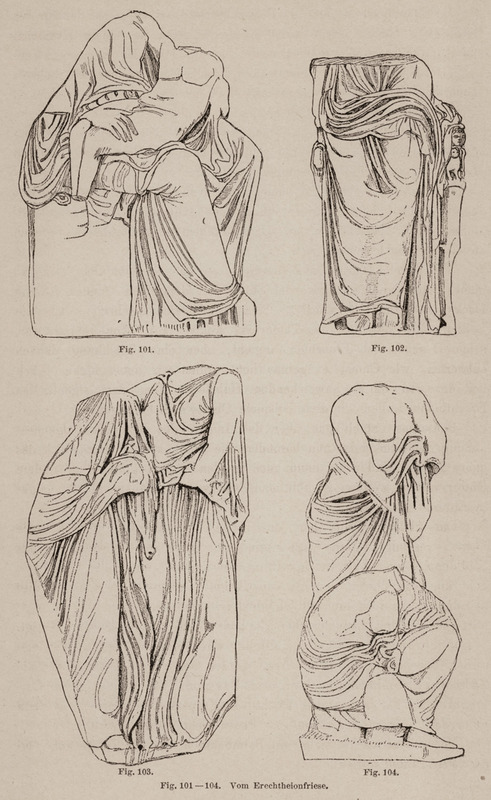BOETTICHER, Adolf. Die Akropolis von Athen nach den Berichten der Alten und den neusten Erforschungen. Mit 132 Textfiguren und 36 Tafeln, Berlin, Julius Springer, 1888
Mimar, sanat eleştirmeni ve arkeolog olan Adolf Boetticher (1842-1901), Blumberg (Barnim)'de doğdu; Berlin'de öğrenim gördü. 1875'den 1877'ye dek Yunanistan'da arkeolojik kazılar yürüttü. Wochenblatt für Architekten und Ingenieure dergisi yayın müdürlüğü, Doğu Prusya Bina ve Anıtlar İdaresi müfettişliği görevlerinde bulundu, 1891'de devlet müfettişliğine terfi ettikten sonra Doğu Prusya Anıtlar Müdürlüğüne atandı. Yayınladığı eserler arasında Doğu Prusya bina ve anıtları hakkında 1892'den 1898'e kadar yayınlanan sekiz ciltlik bir derlemesi var. Boetticher 1862 yılı yaz aylarında üçü de mimar olan Berlin'den G. Ch. Gropius ve Styrsck, Viyana'dan Th. Hansen, arkeolog Fischer, edebiyatçı Schrubring ve profesör Er. Curtius ile Atina'ya gelir.
Atina Akropolisine ilişkin tarihî-arkeolojik bir inceleme olan bu eser metin arası 132 tane eskiz ve 36 tane tablo içermekte. Boetticher'in giriş yazısında belirttiği gibi amacı hem bilimadamları cemaatine hem de geniş okur kitlesine hitap edebilecek, tarihî kayanın üzerindeki anıtlar hakkında kolay kavranabilir bir genel bakış vermekti. Desenleri tamamlayan ve Akropolis'in Roma devrine kadar olan tarihini anlatan metinlerin yazarları şunlardır: Κ. Βoetticher, Er. Curtius, A. Michaelis, V. Koehler, E. Waschsmuth, R. Bohn, L. Julius, W. Deorpfeld, A. Trendelenburg, L. von Sybel, A. Milchhöer ve başkaları. Boetticher kendi yazısında Parthenon tapınağının sütunlarındaki gerilimin, temellerdeki Pire taşının uğramış olduğu kaymadan kaynaklandığını ileri sürüyor! Kendisi Olympia hakkında da buna benzer bir yazıyı, ayrıca Peloponez, Aegina ve Eleusis'e ilişkin gezi yazıları da kaleme alır.
Yazan: İoli Vingopoulou
Konular (82)
-
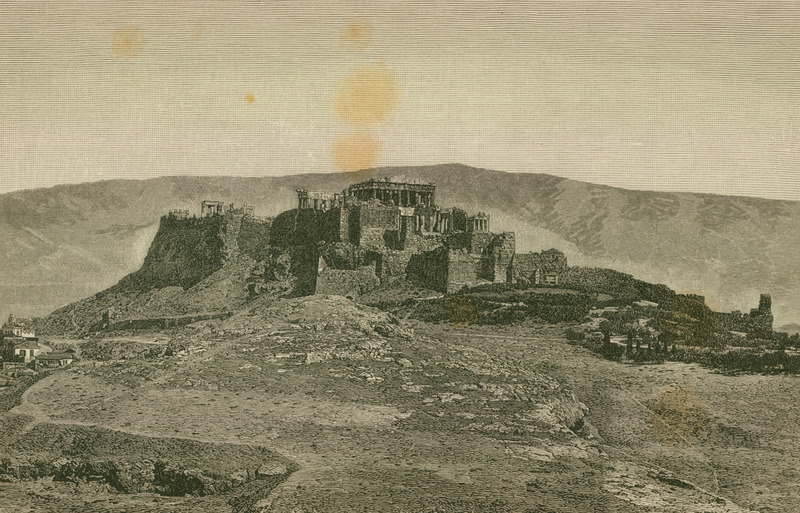
-
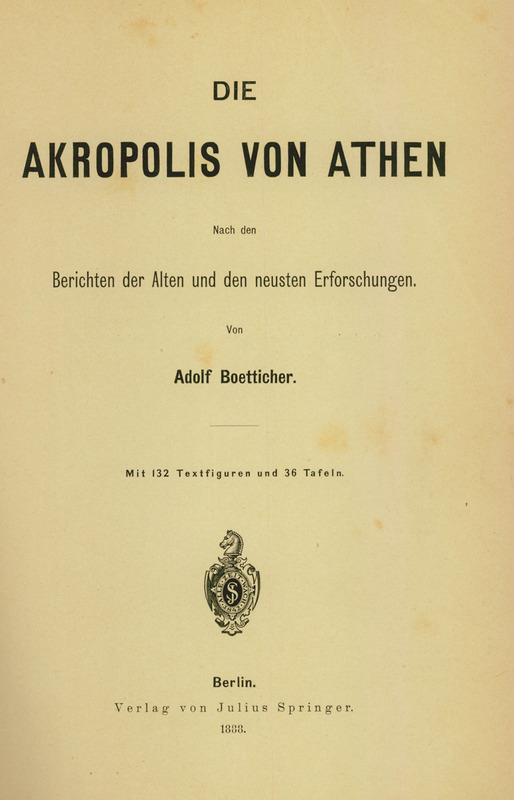
-
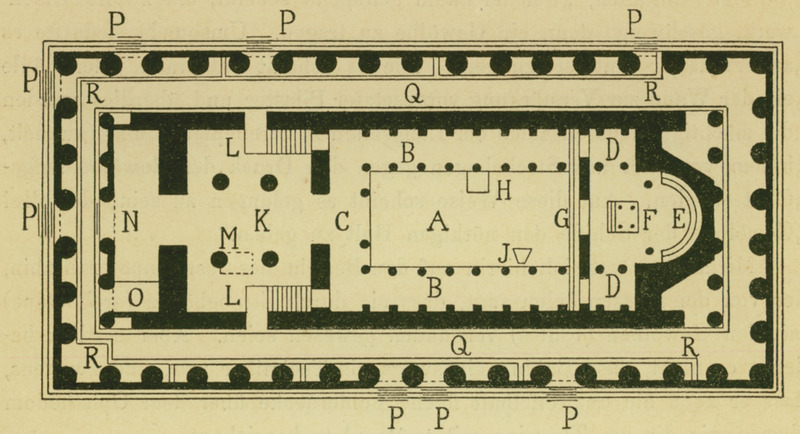
-
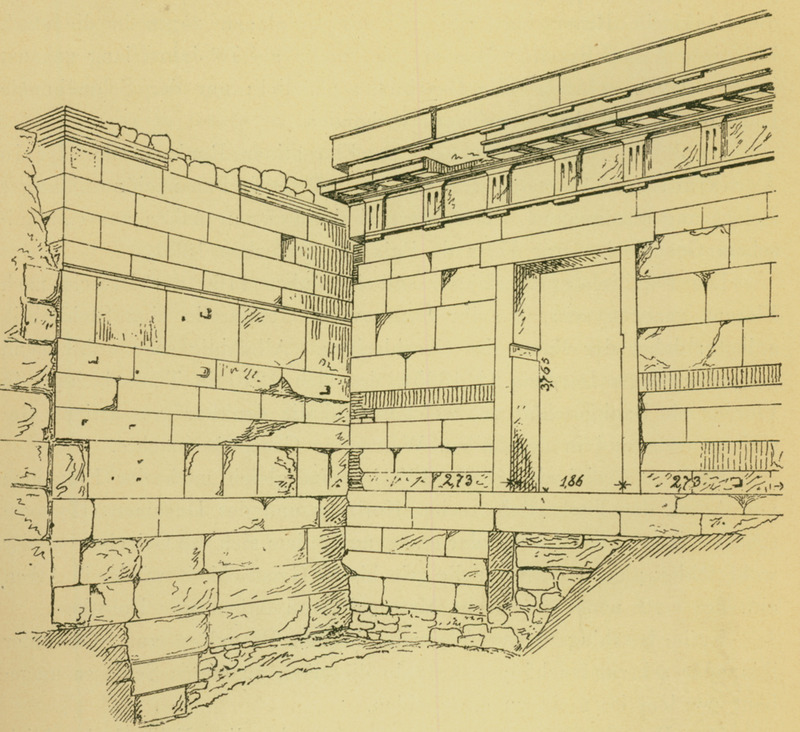
-
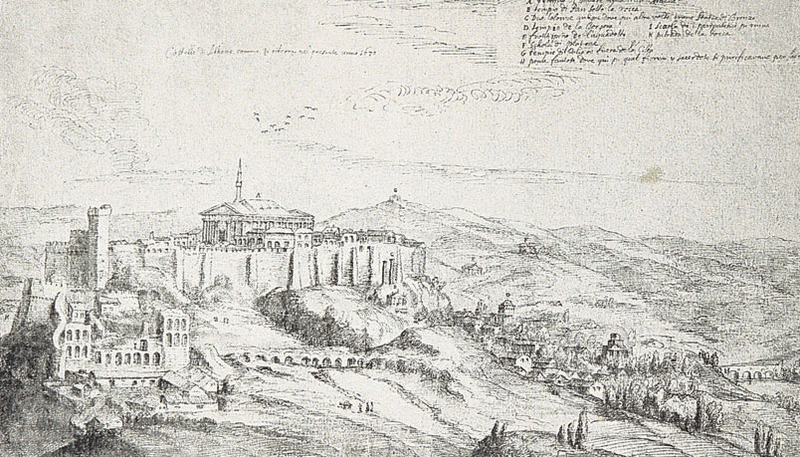
-
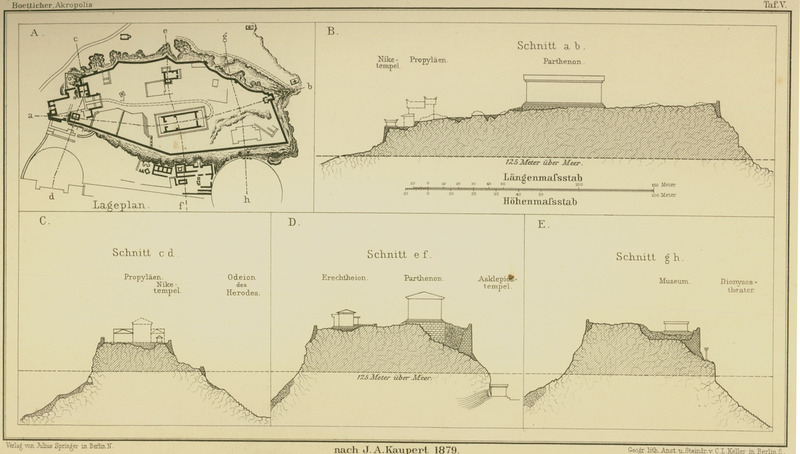
-
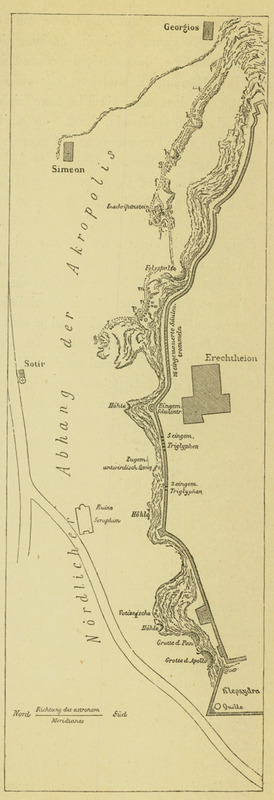
-
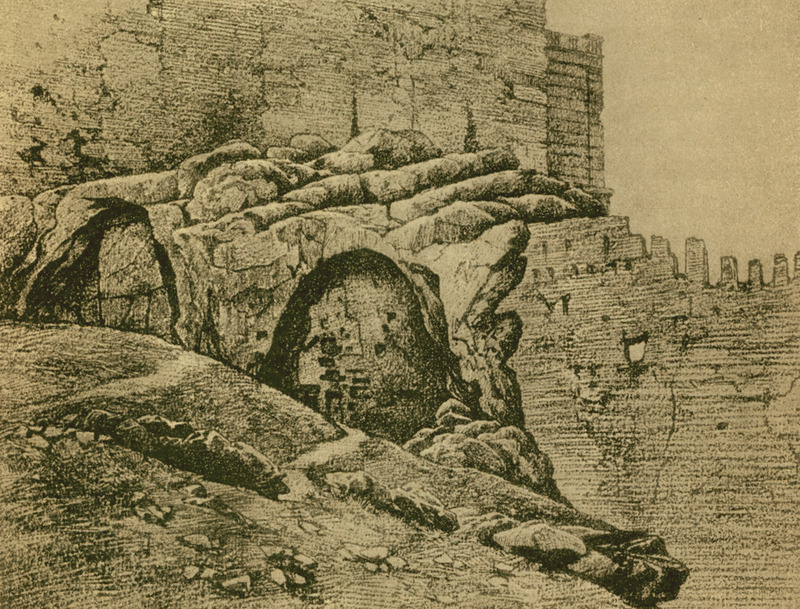
-
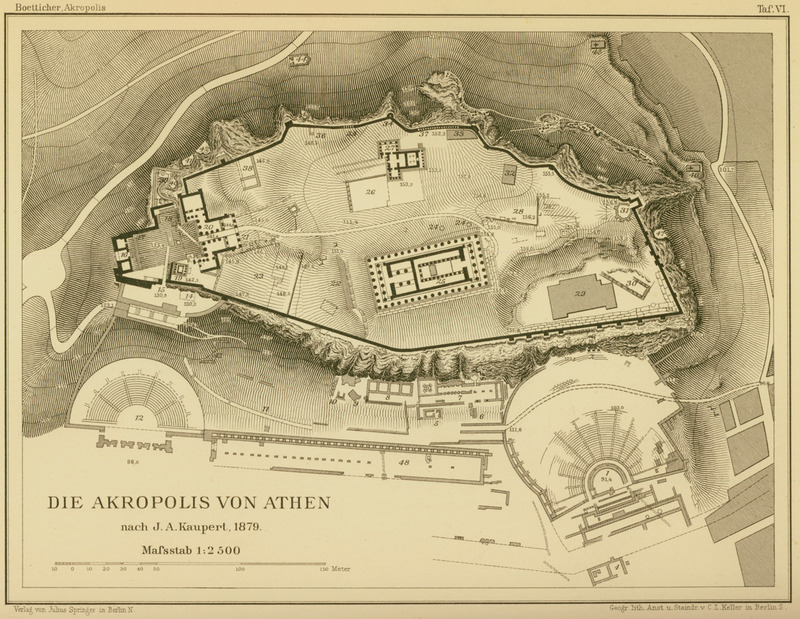
-
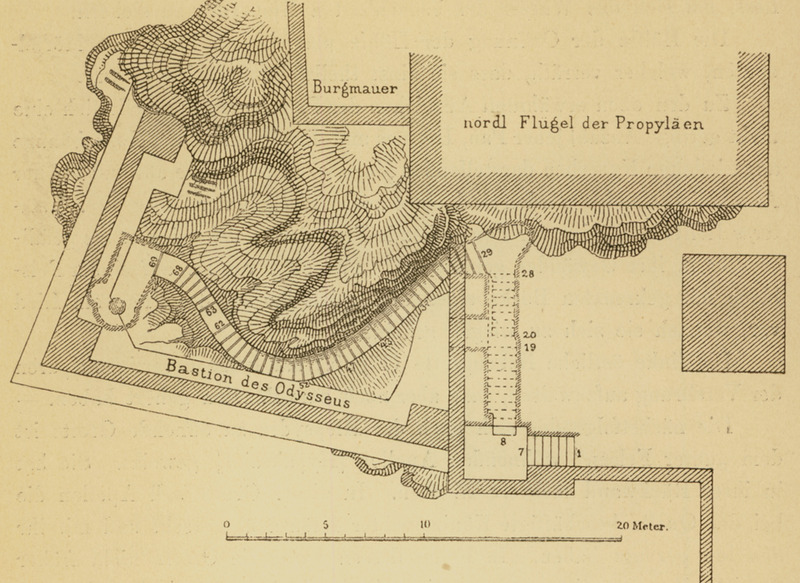
-
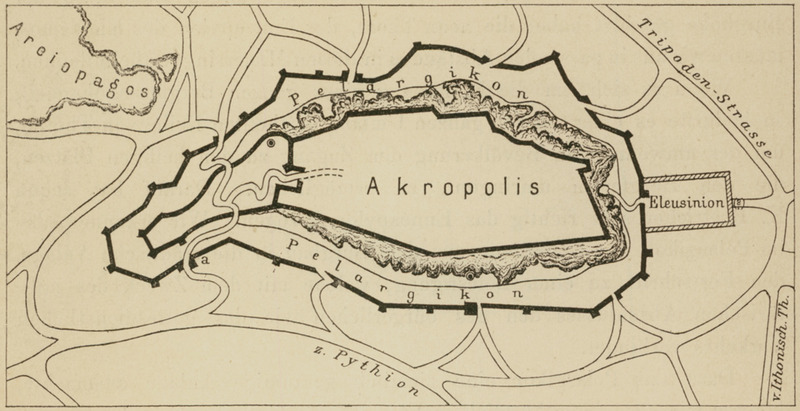
-
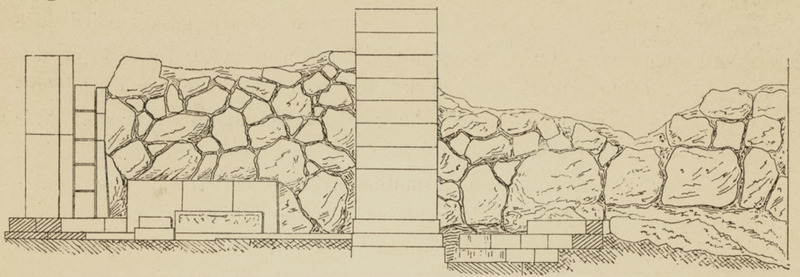
-
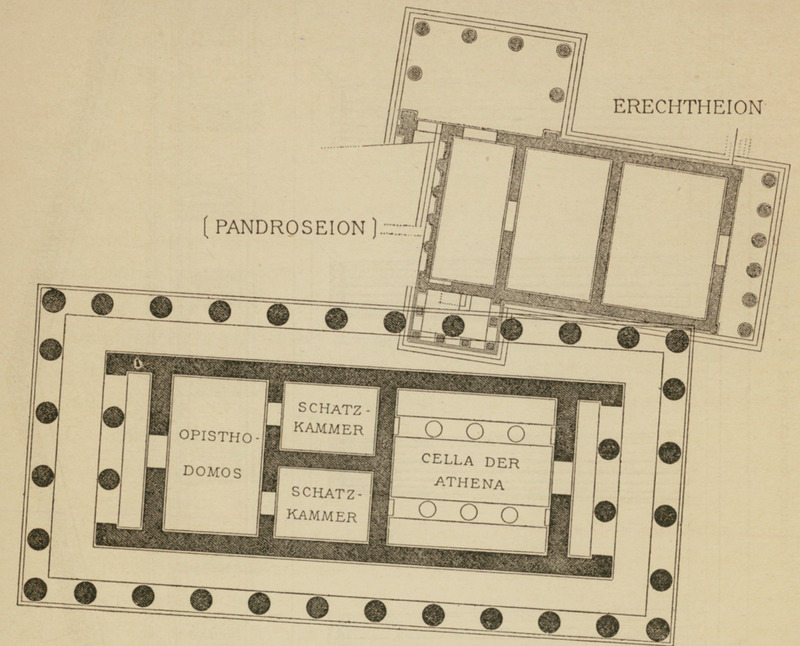
Plan of the Peisistratid Temple of Athena and of the Erechtheion.
-
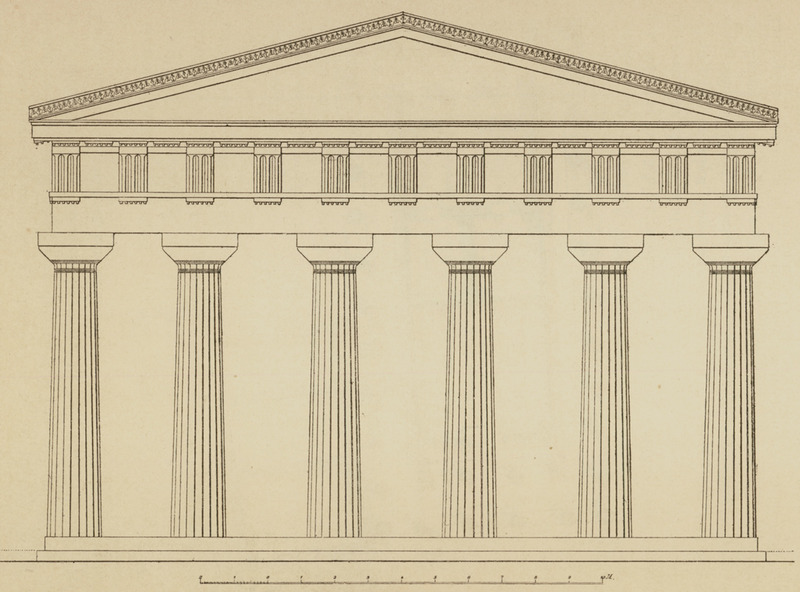
-
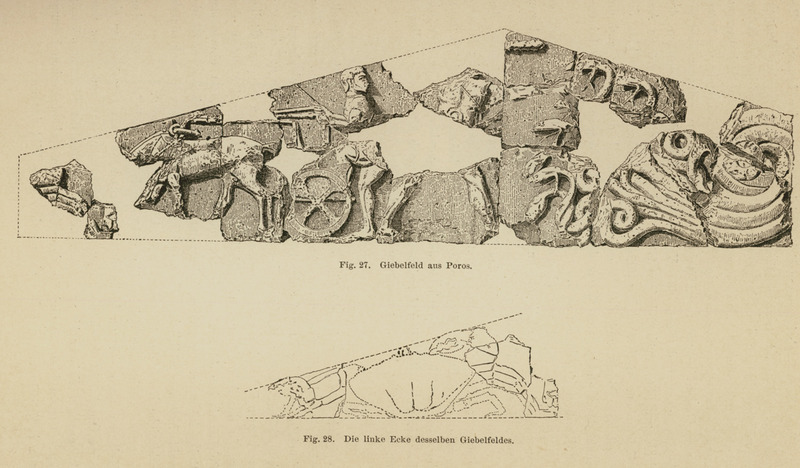
The pediment of the archaic temple. Heracles killing the Lernaean Hydra.
-
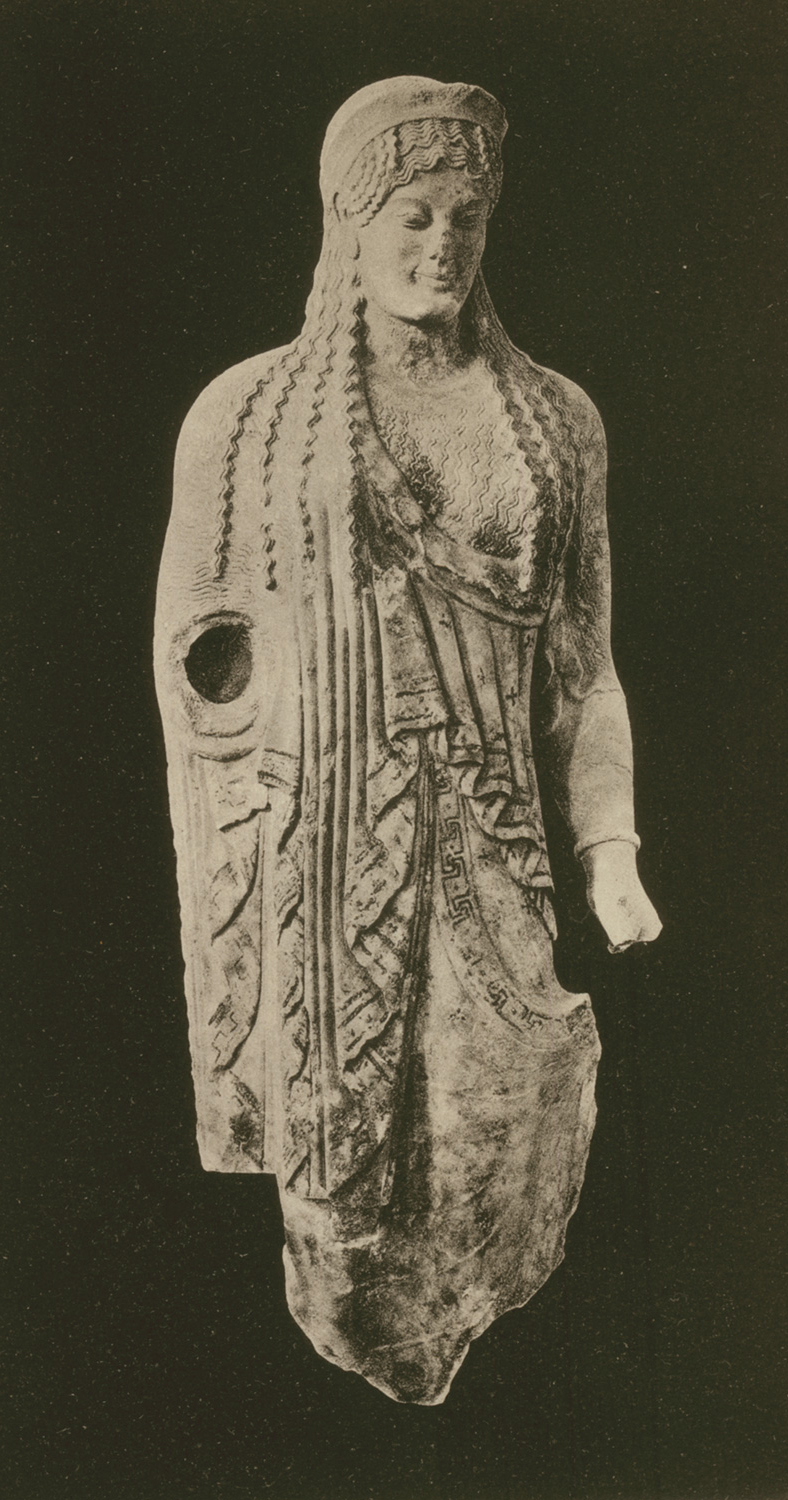
-
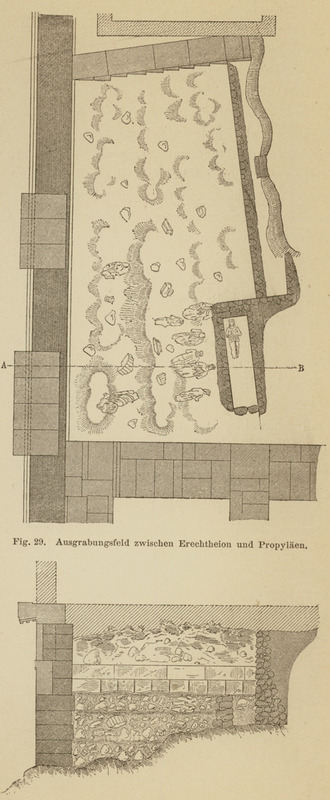
-
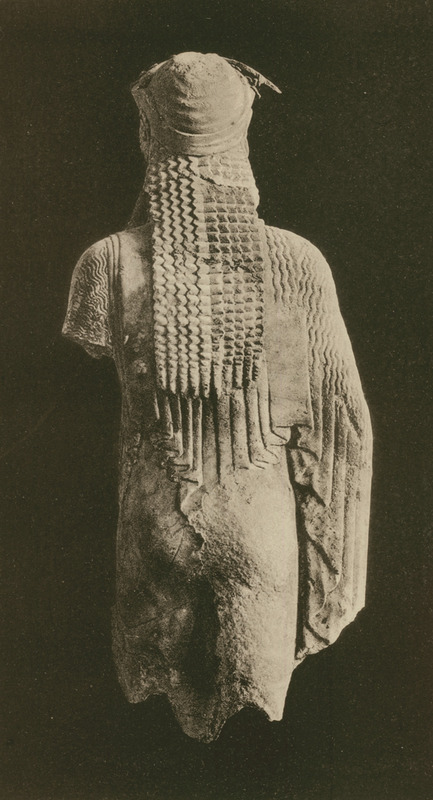
The back of archaic Kore from the Acropolis Museum (Acr. 675).
-
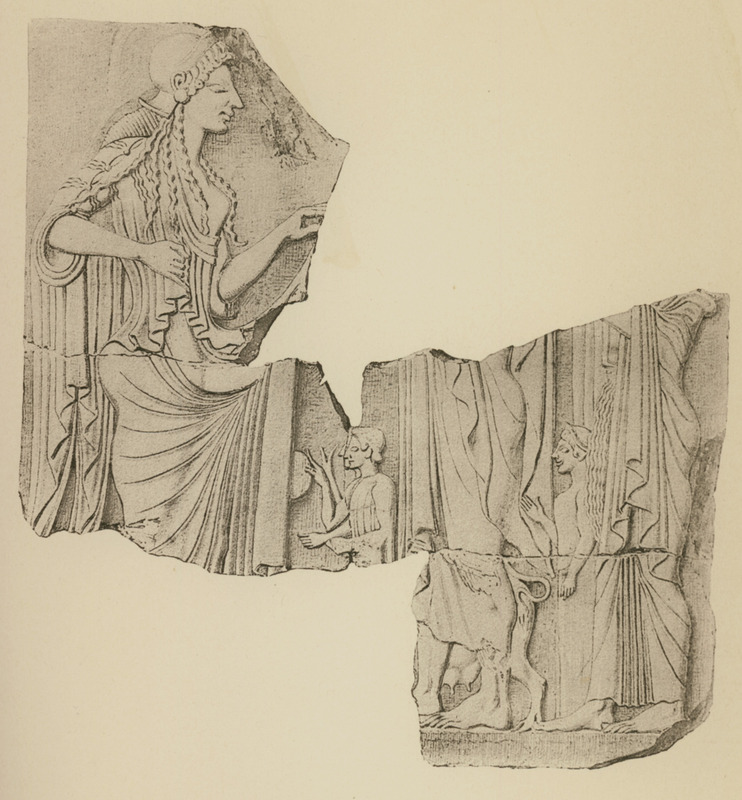
-
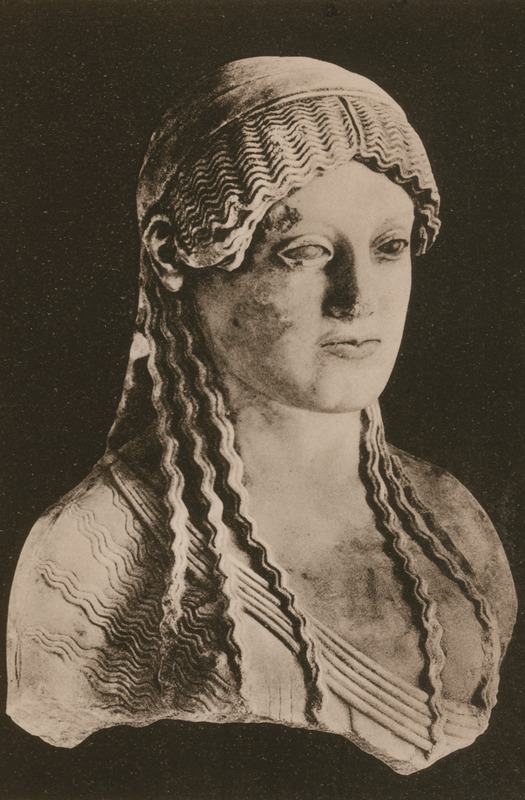
-
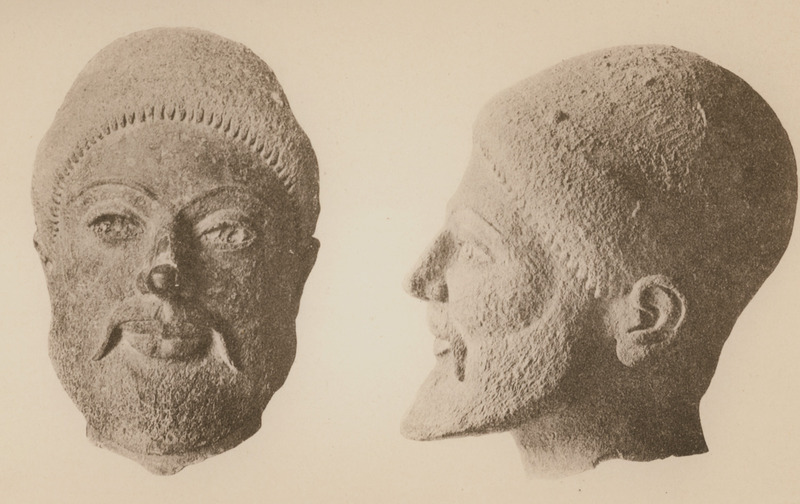
-
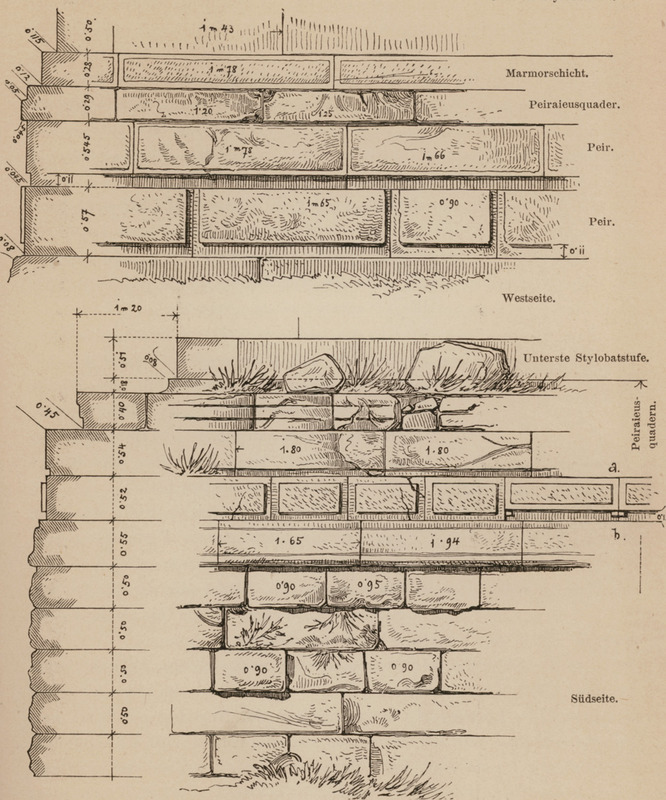
-
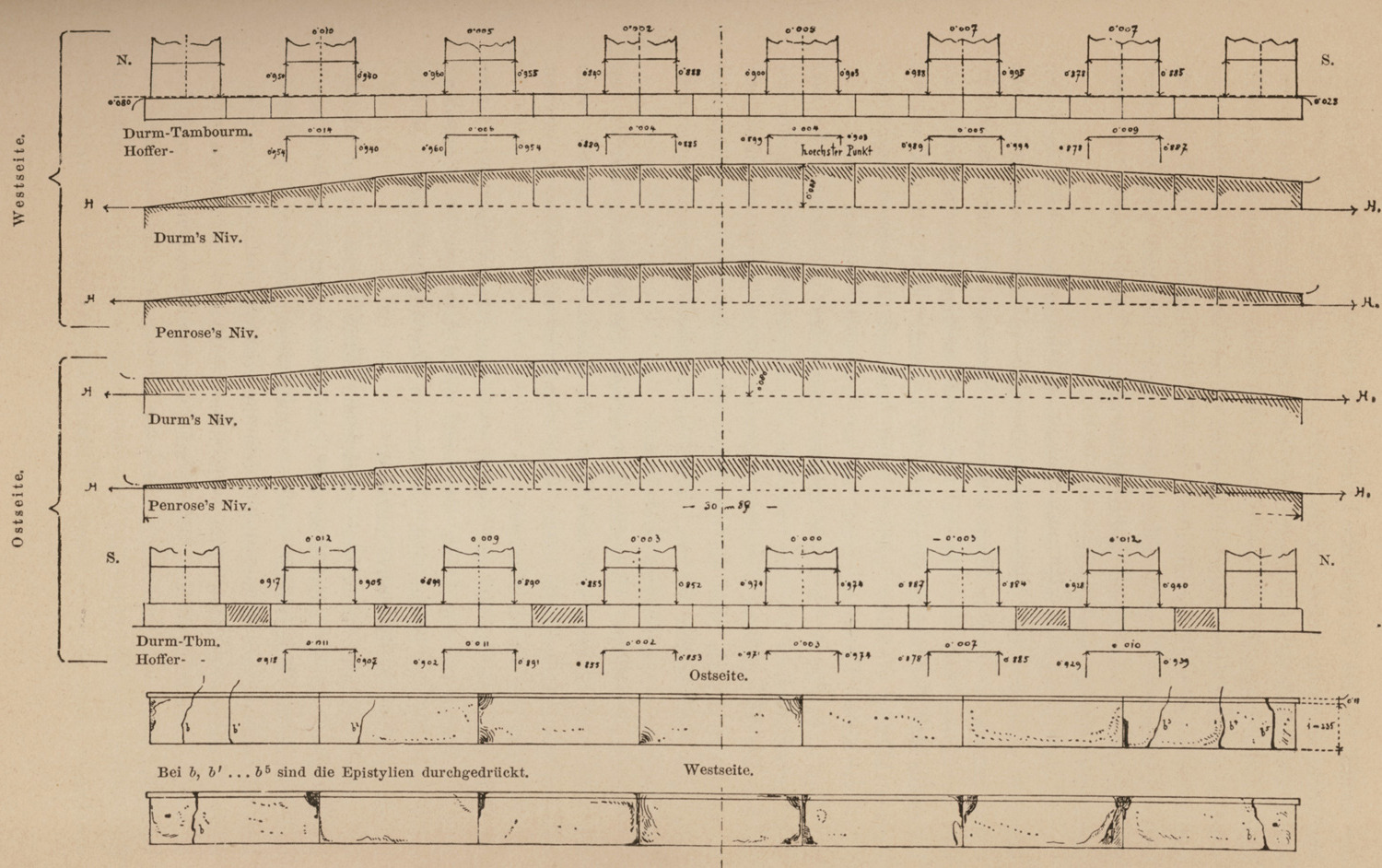
-
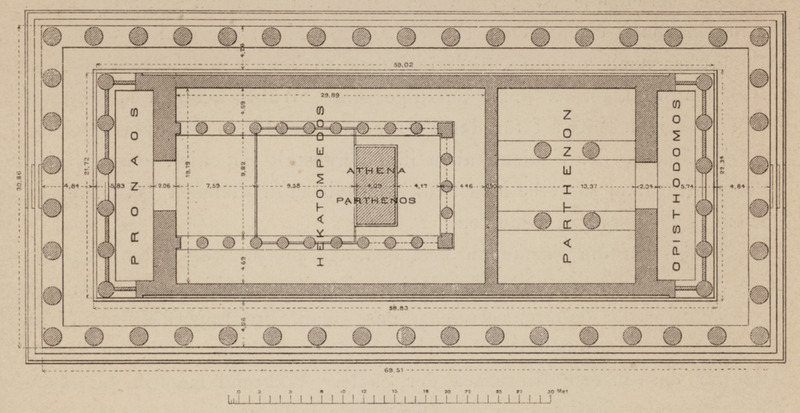
-
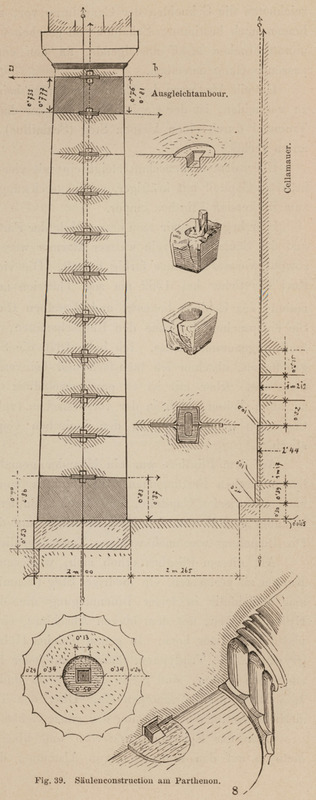
-
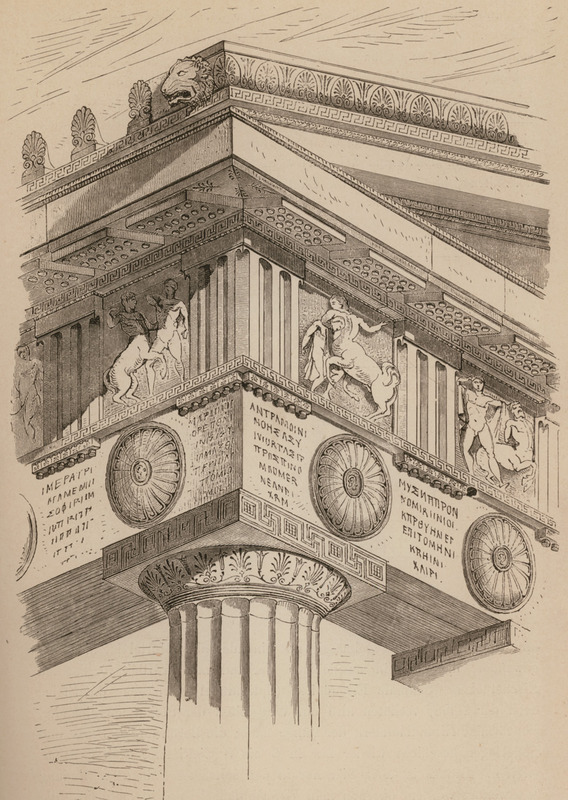
Reconstruction of the front of the Peisistratid Temple of Athena.
-
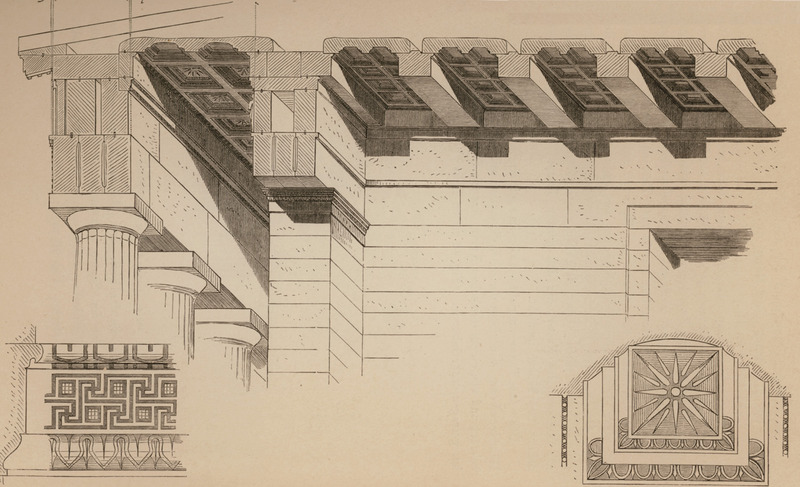
-
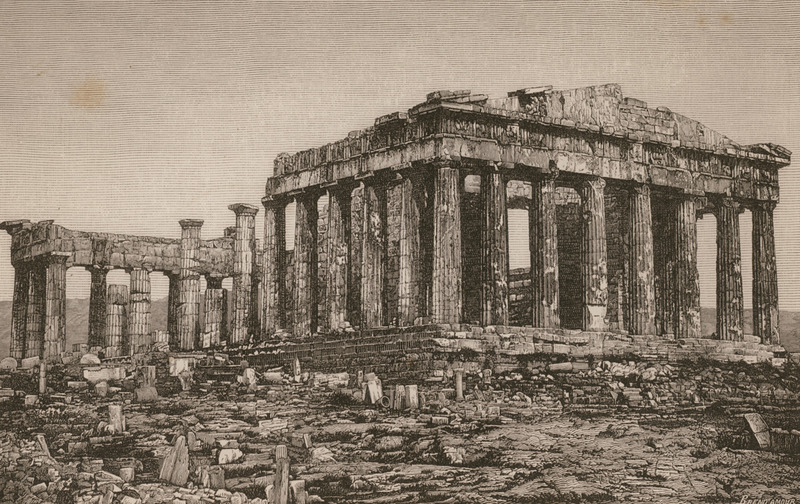
-
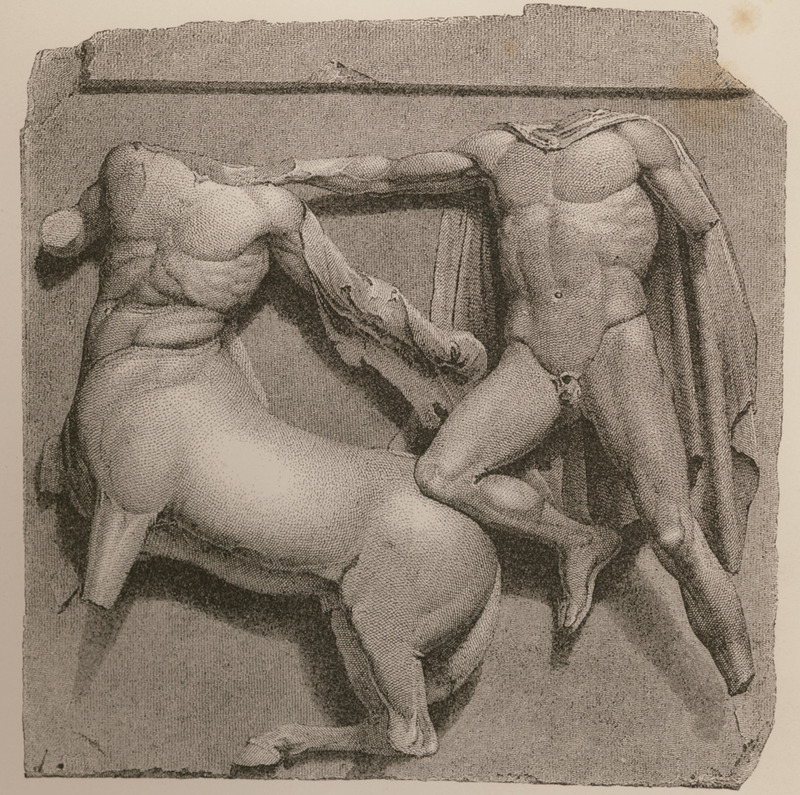
Metope from the eastern pediment of the Parthenon, depicting the Centauromachy.
-
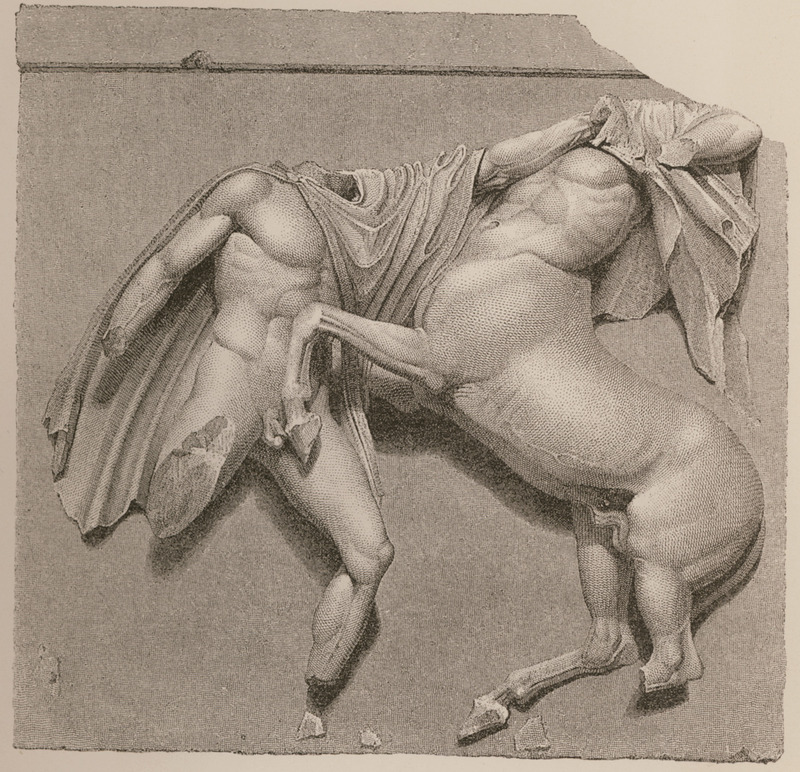
Metope from the eastern pediment of the Parthenon, depicting the Centauromachy.
-
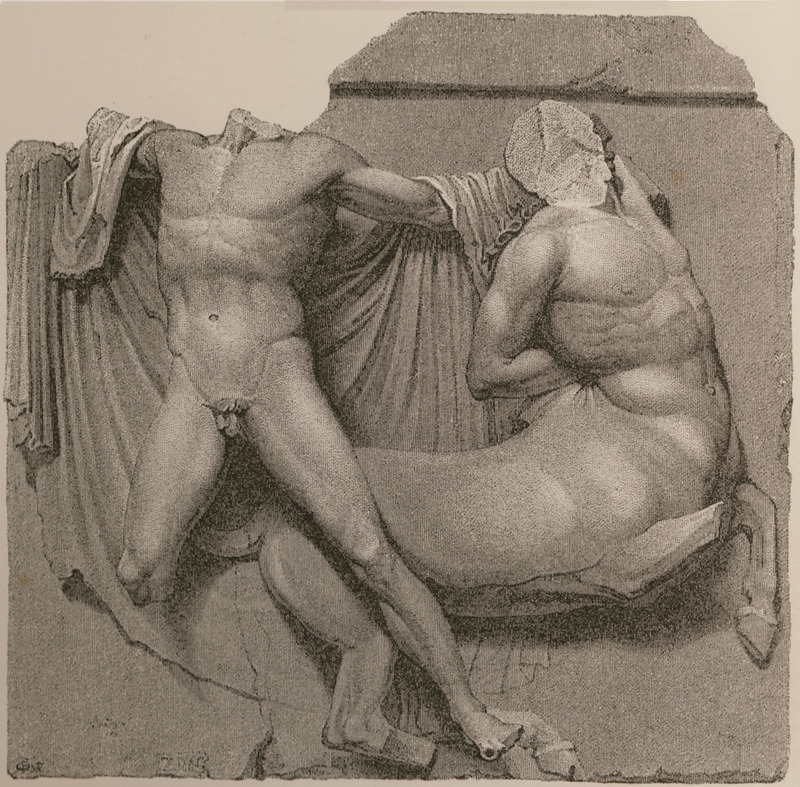
Metope from the eastern pediment of the Parthenon, depicting the Centauromachy.
-

Metope from the eastern pediment of the Parthenon, depicting the Centauromachy.
-
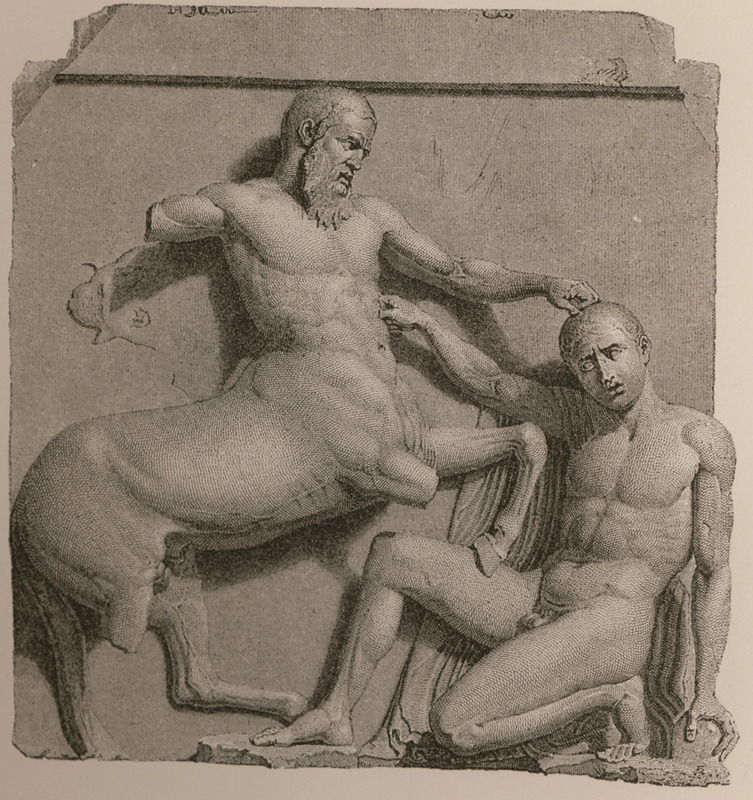
Metope from the eastern pediment of the Parthenon, depicting the Centauromachy.
-
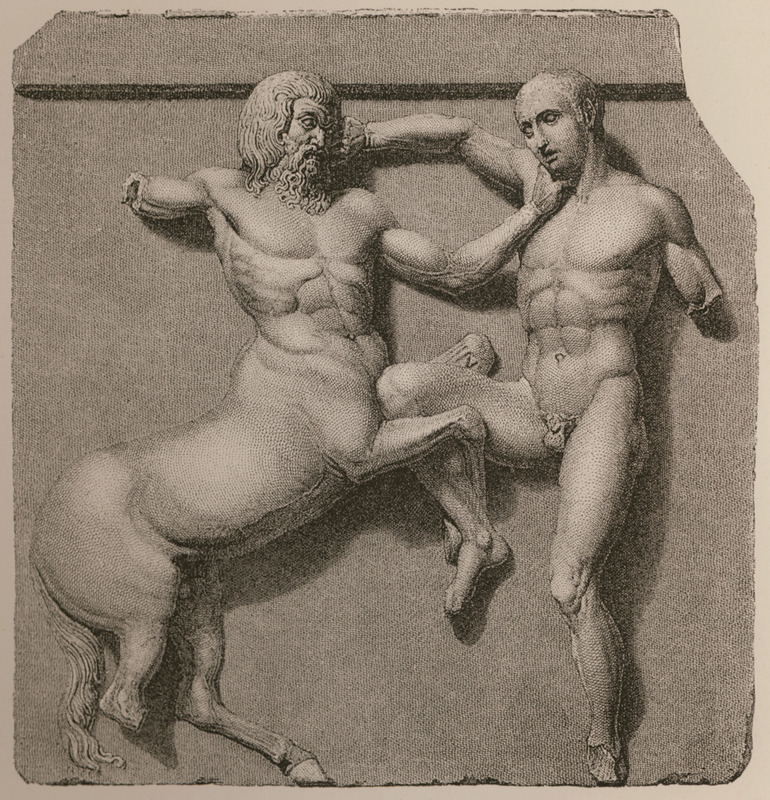
Metope from the eastern pediment of the Parthenon, depicting the Centauromachy.
-
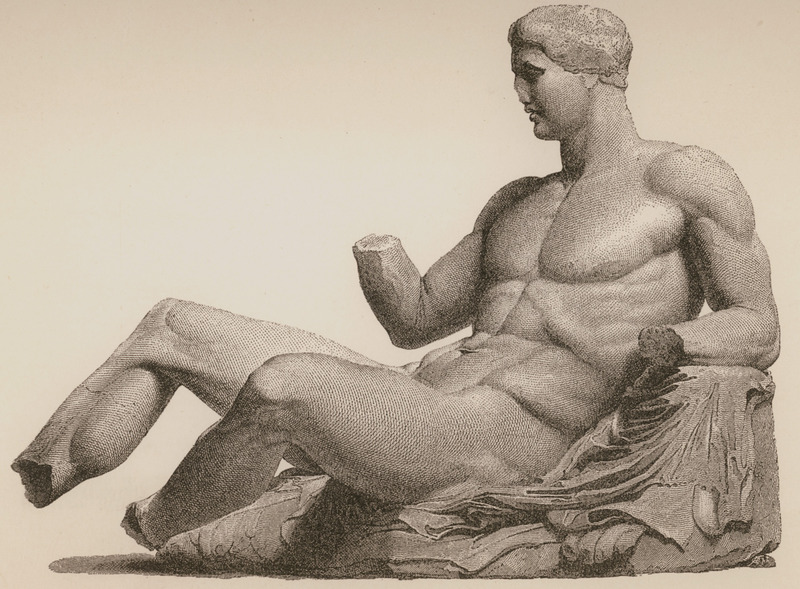
-
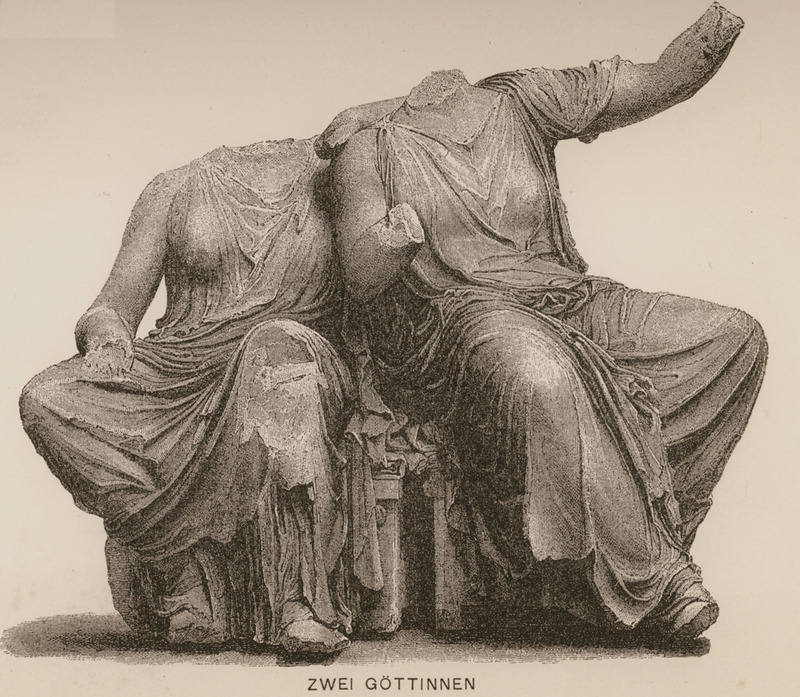
Demetra and Kore (Persephone) from the eastern pediment of the Parthenon.
-
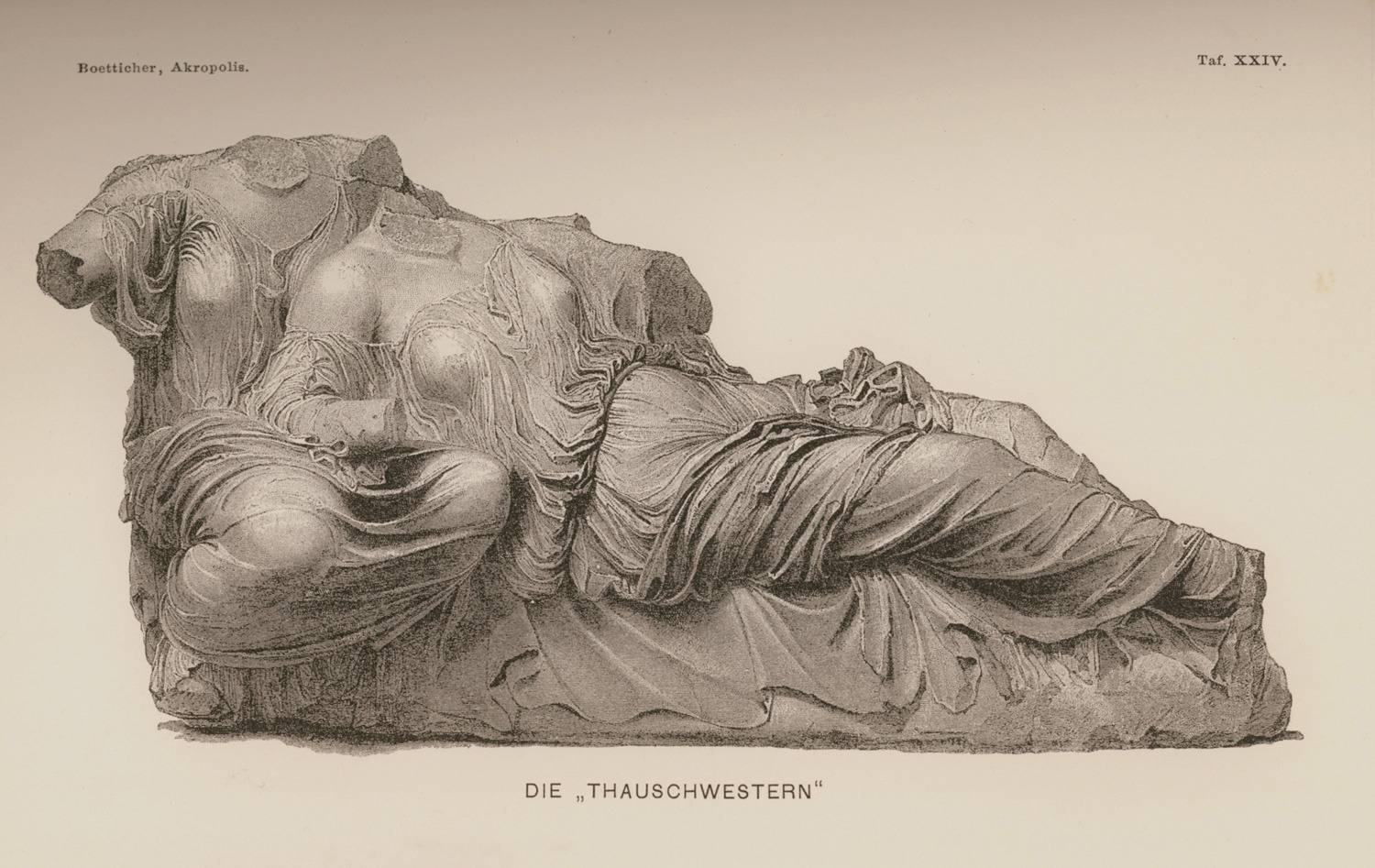
Dione and Aphrodite from the eastern pediment of the Parthenon.
-
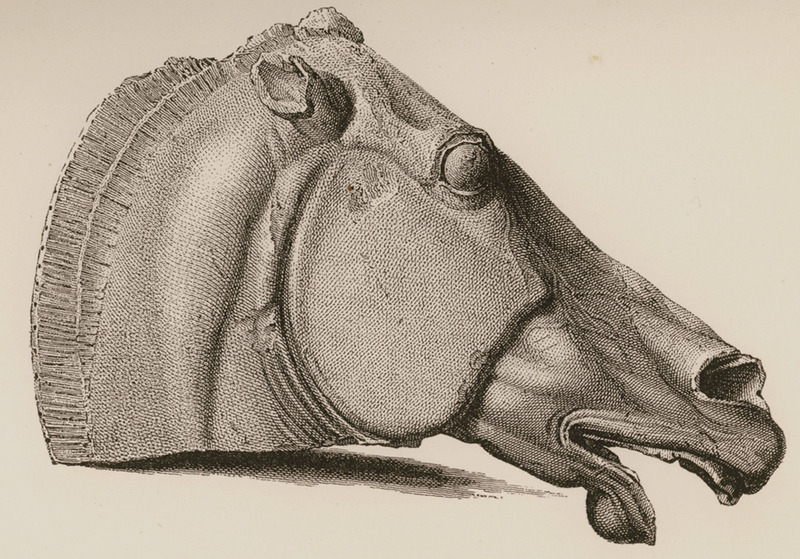
Horse head from the chariot of Selene, from the eastern pediment of the Parthenon.
-
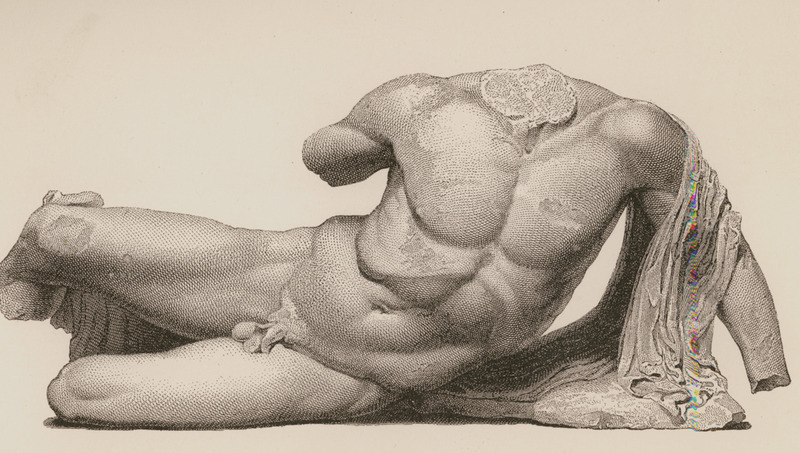
Cephissus sculpture from the eastern pediment of the Parthenon.
-
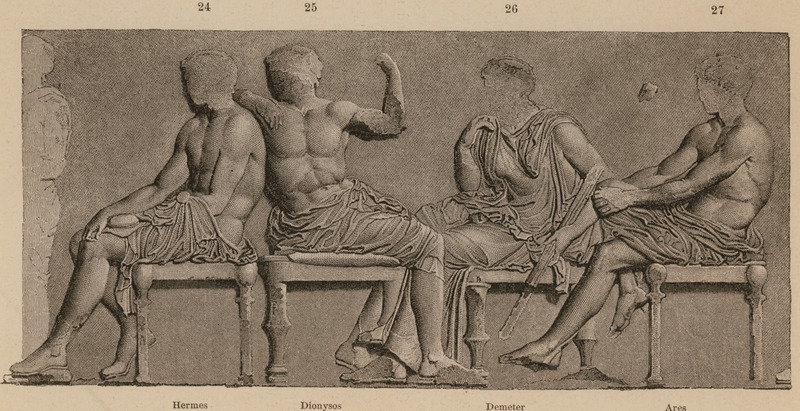
-
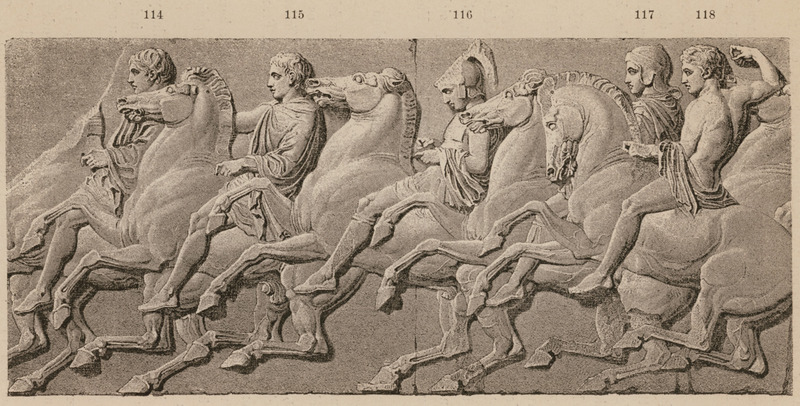
-
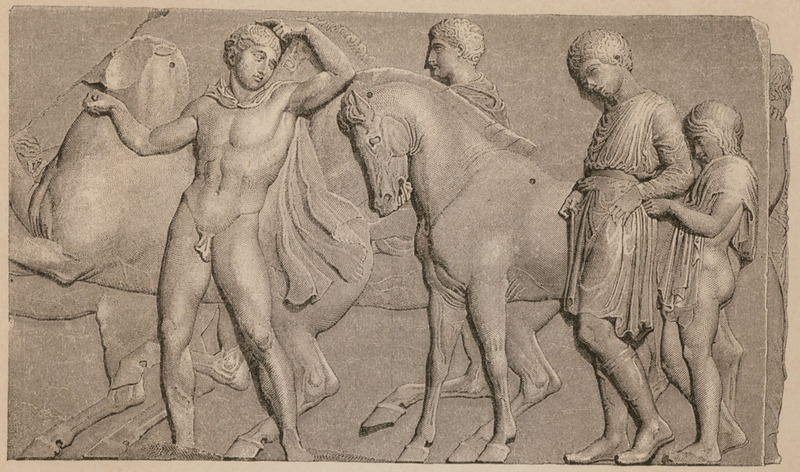
Block from the Parthenon frieze. Preparation for Panathenaea procession.
-
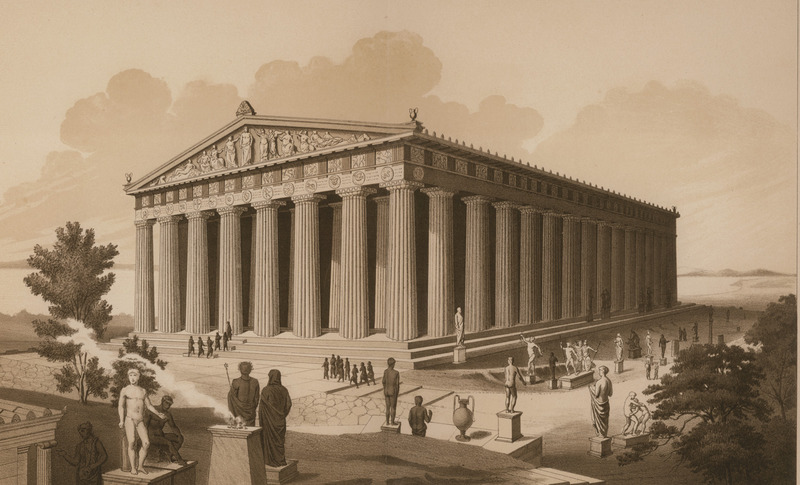
-
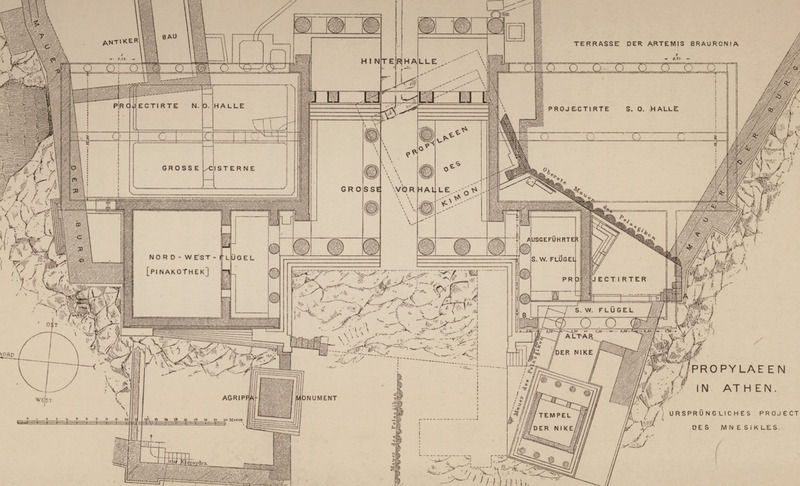
-
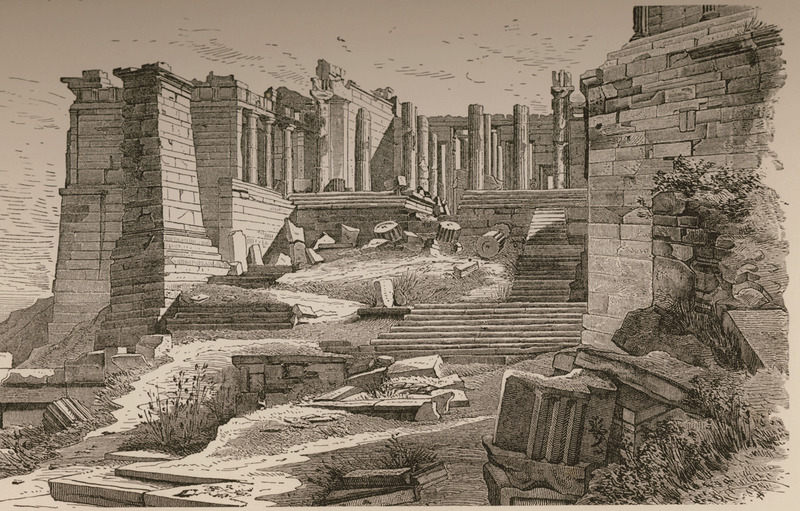
Agrippa's monument. The ascent to the Propylaea. The Temple of Athena Nike.
-
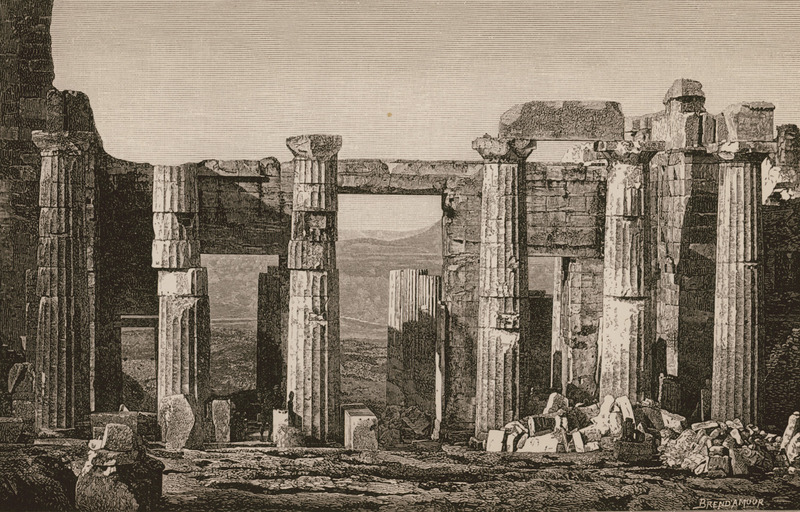
-
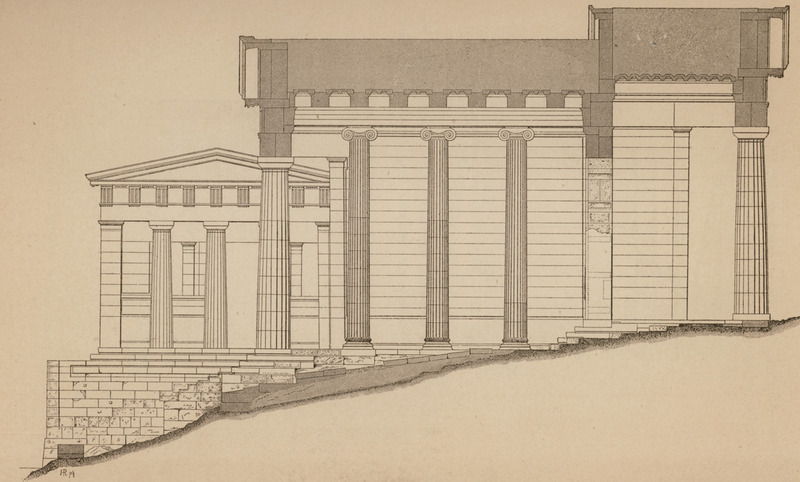
-
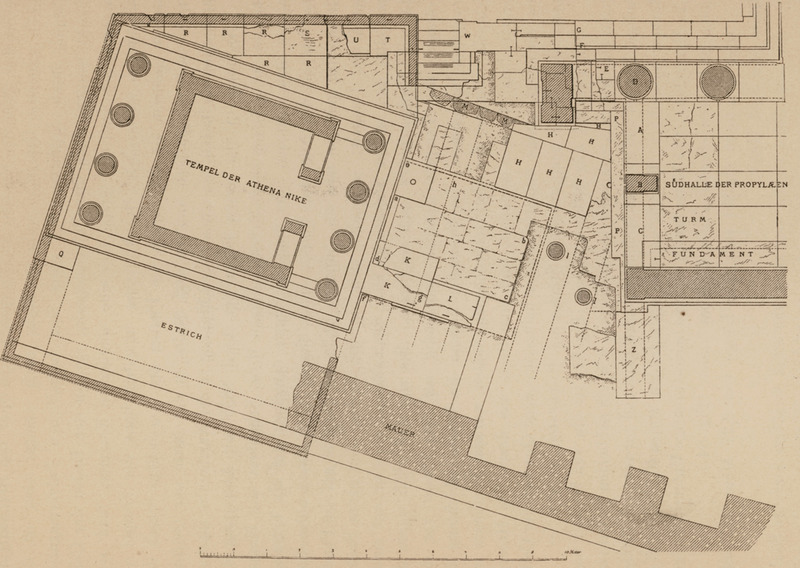
-
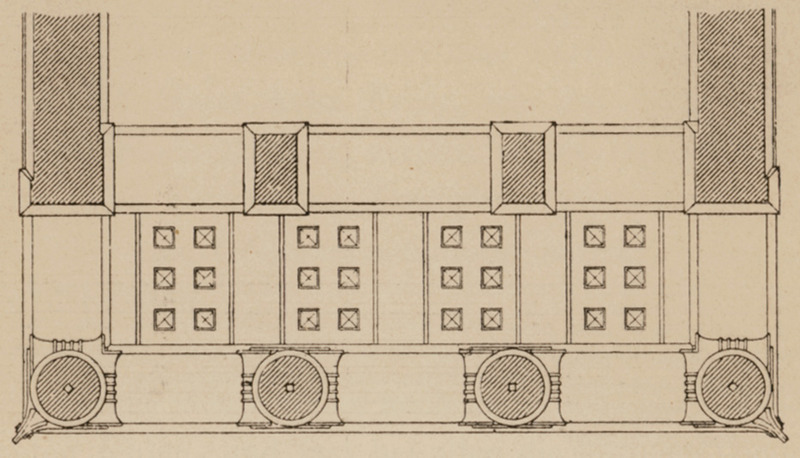
-
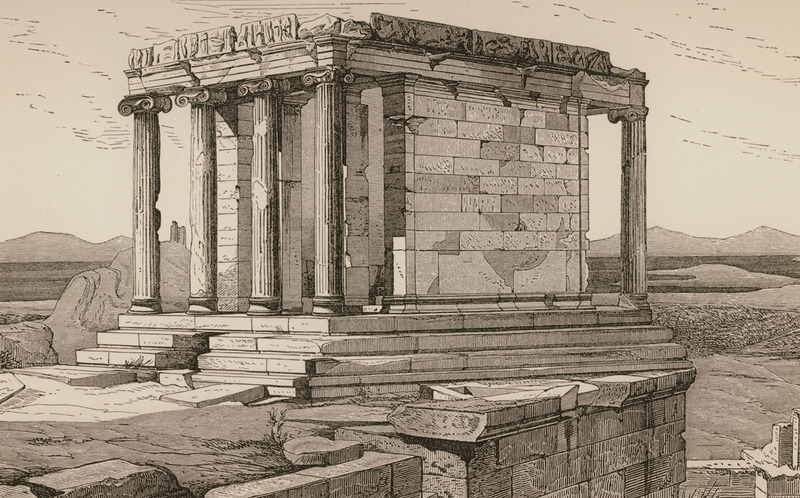
-
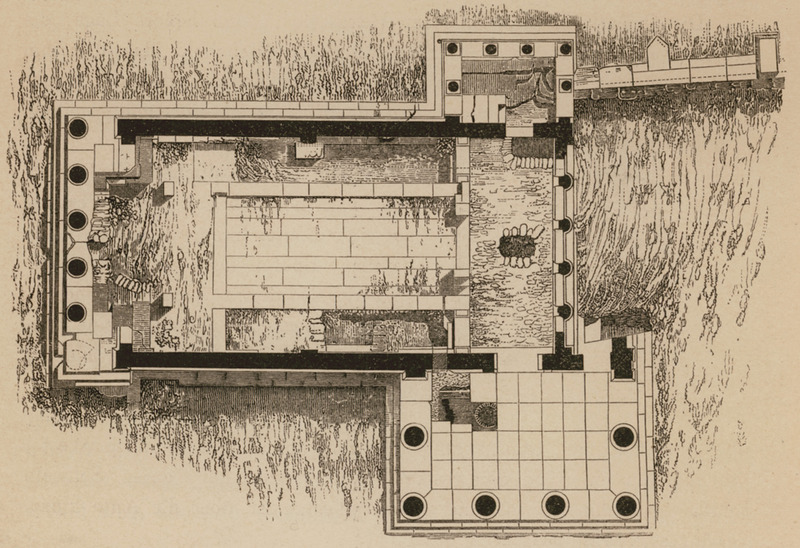
-
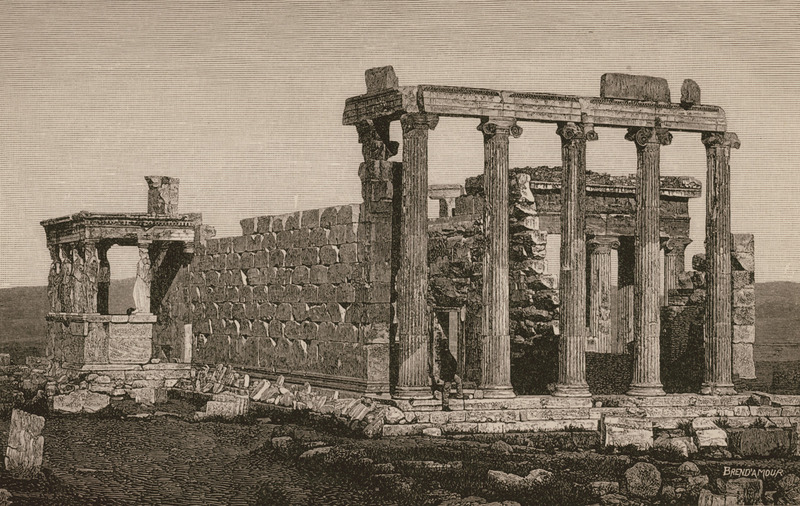
-
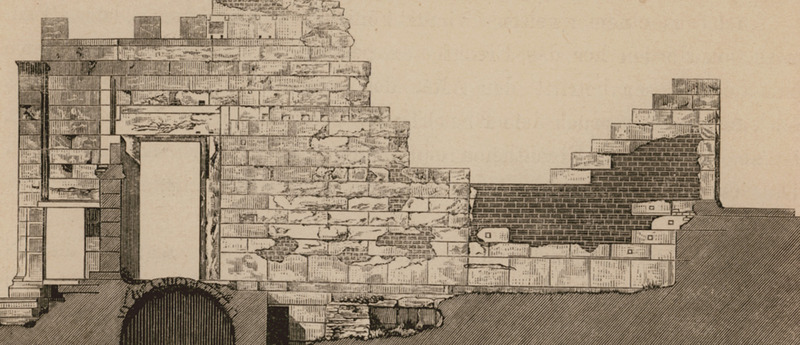
-
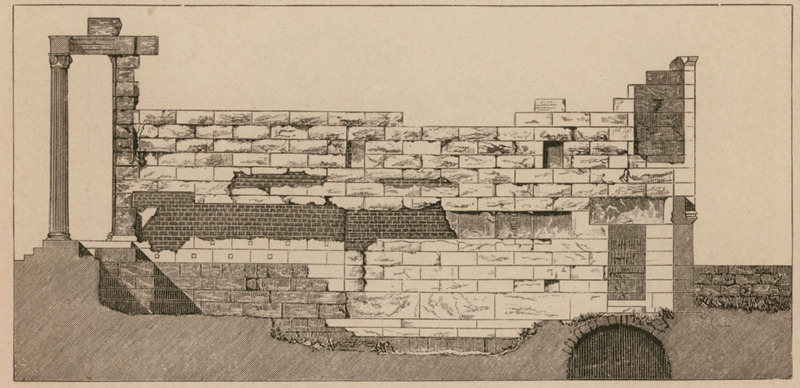
-
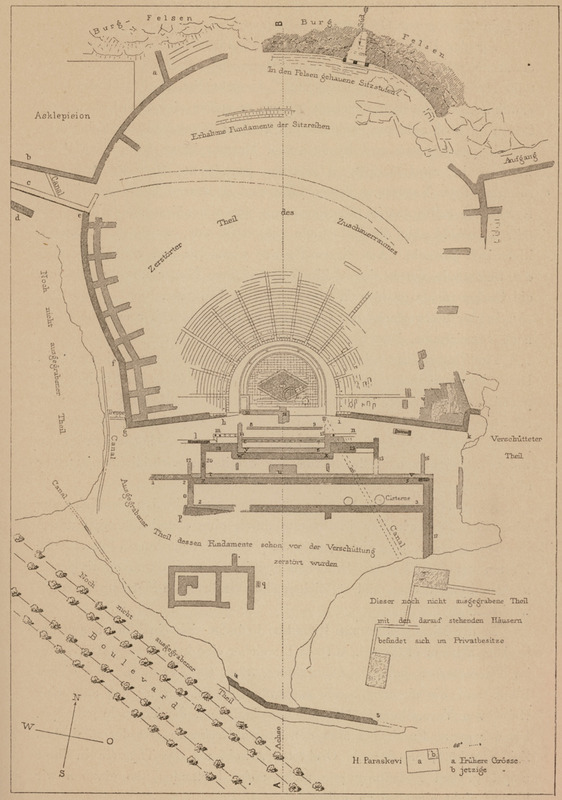
-
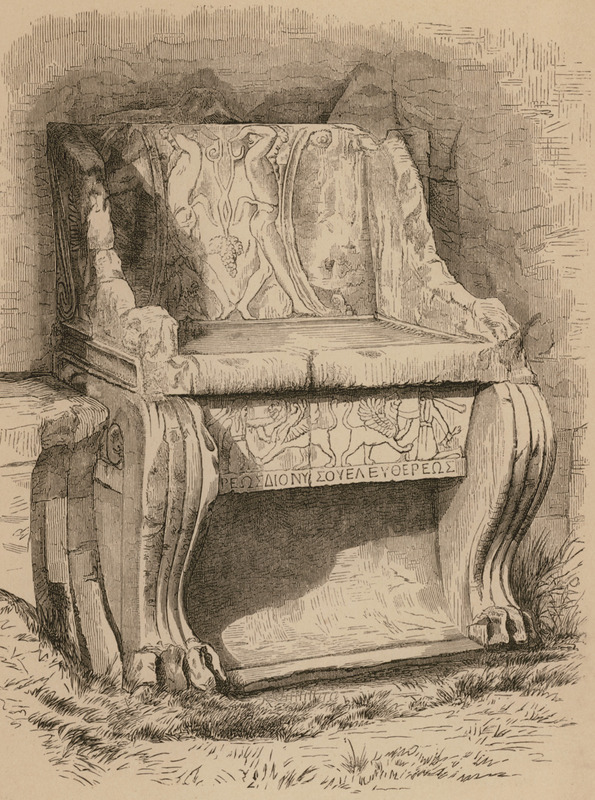
-
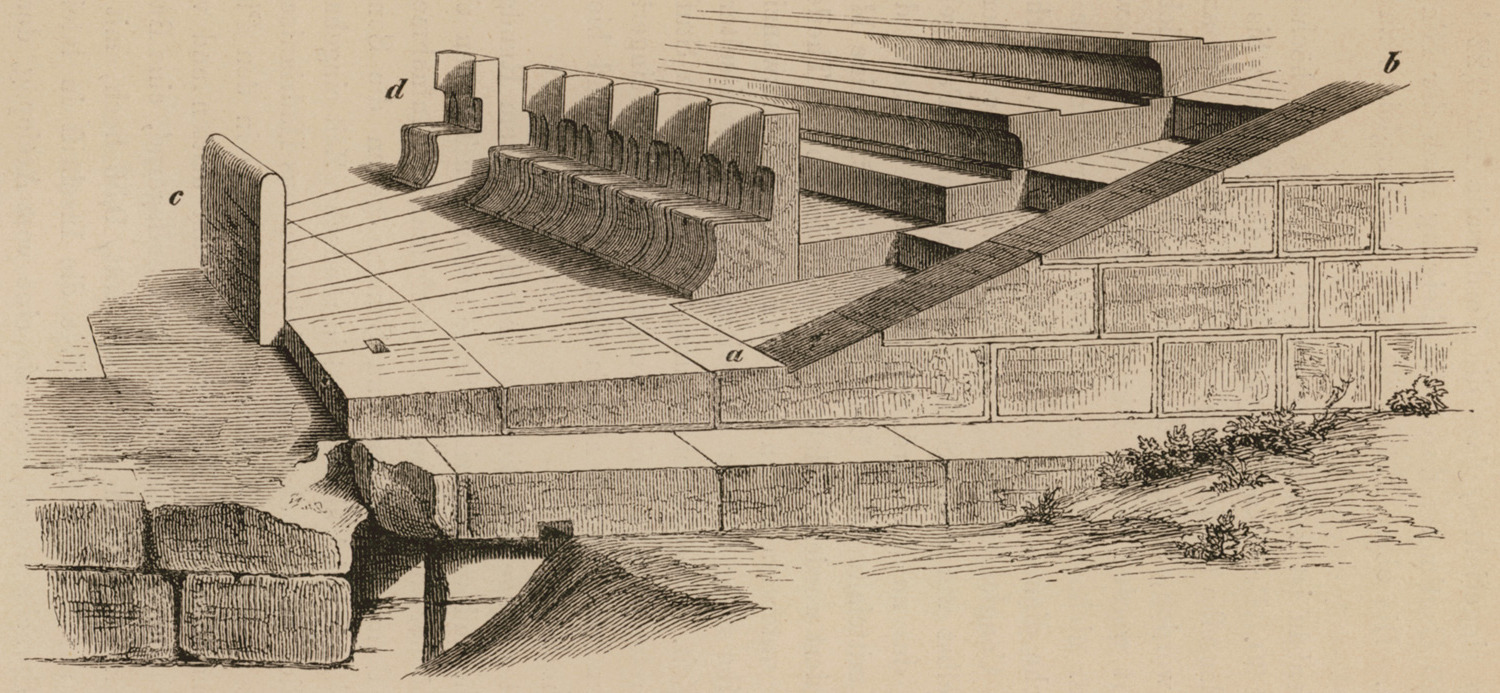
-
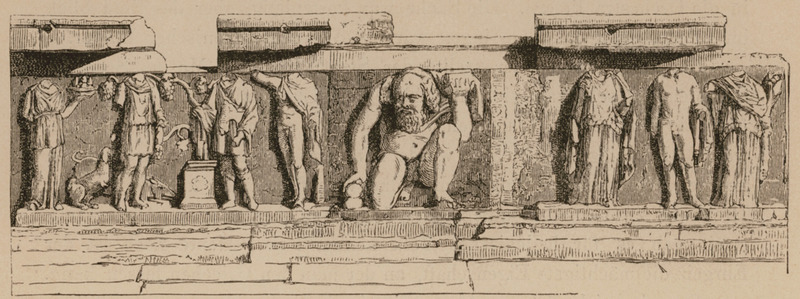
-
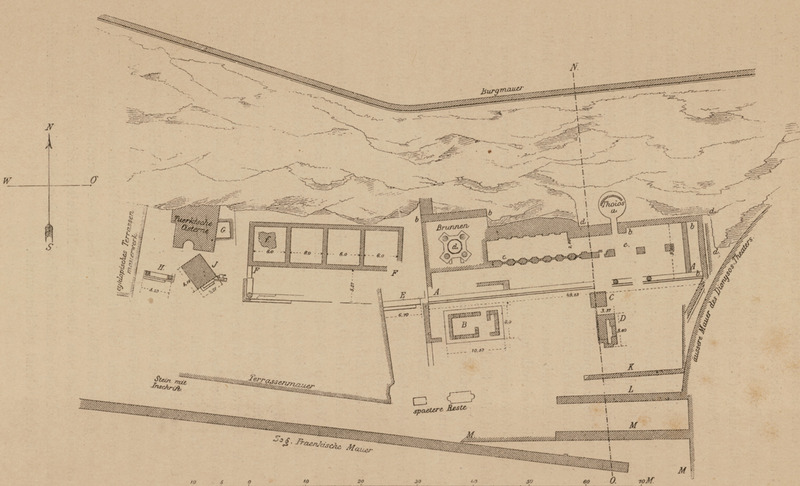
Plan of the sanctuary of Asclepius at the feet of the Acropolis.
-
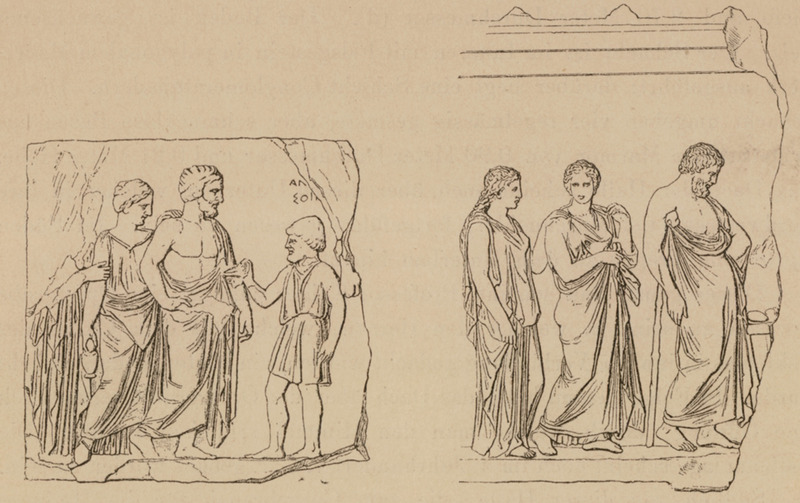
-
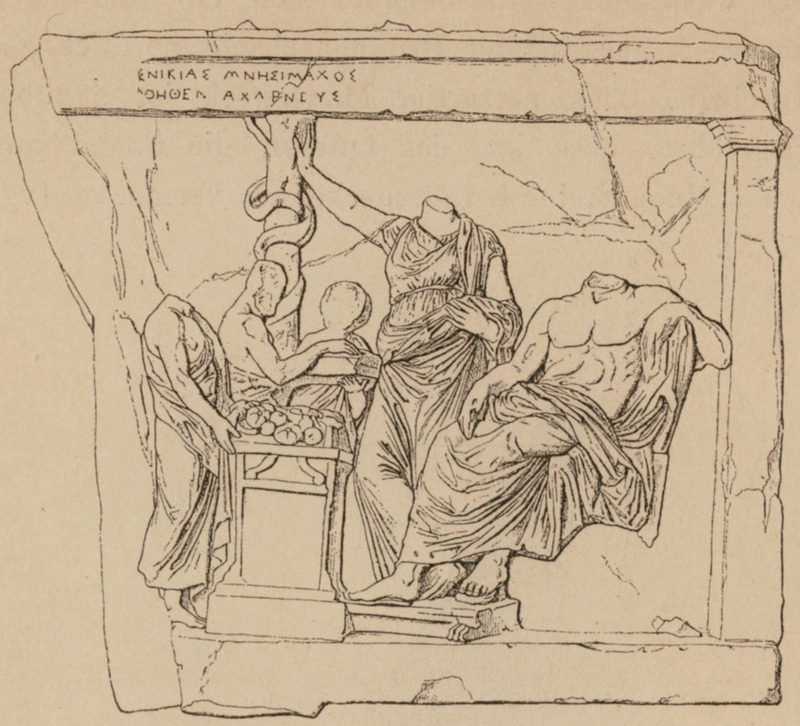
-
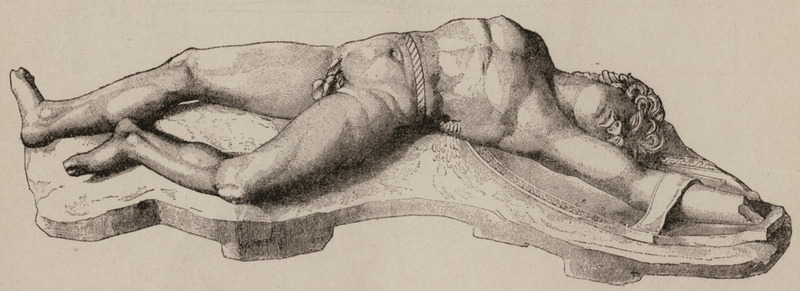
-
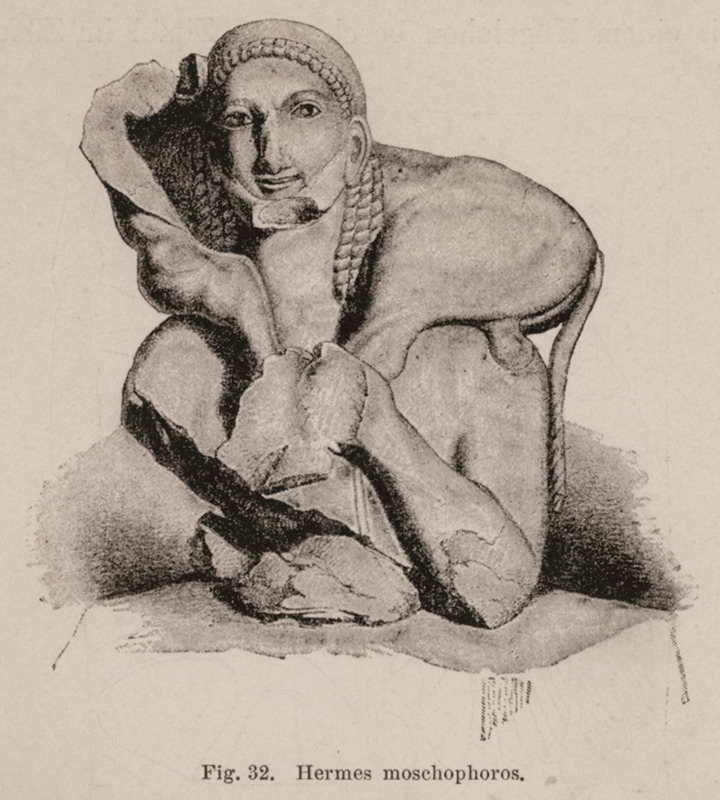
-
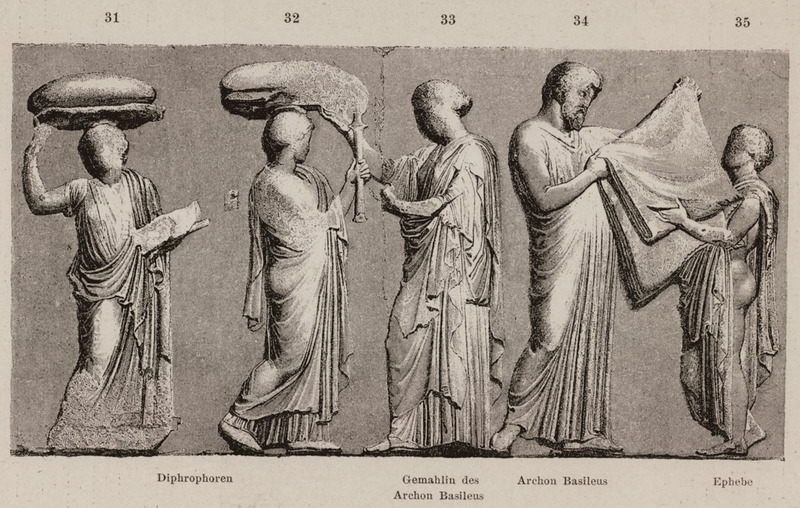
Diphrophoroi. The wife of Archon basileus. Archon basileus. Adolescent girl.
-
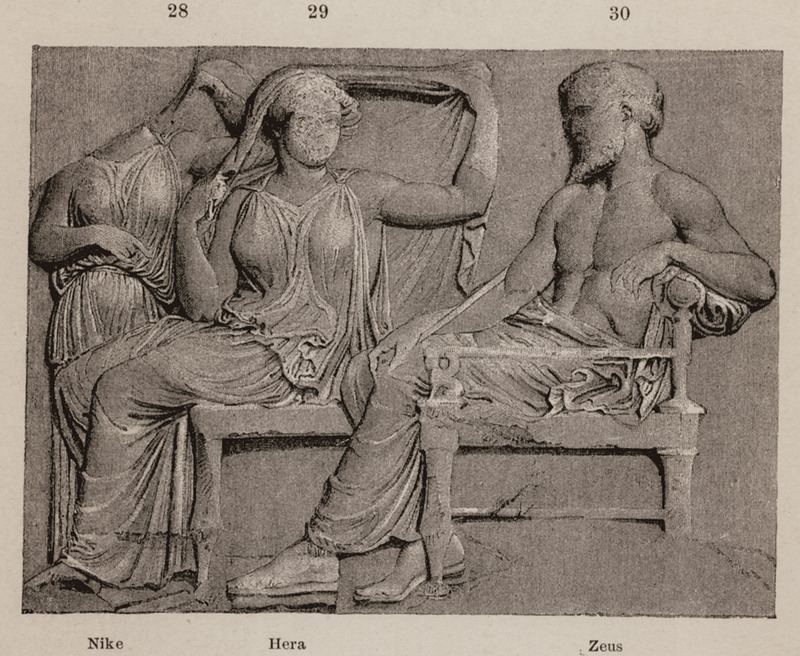
-
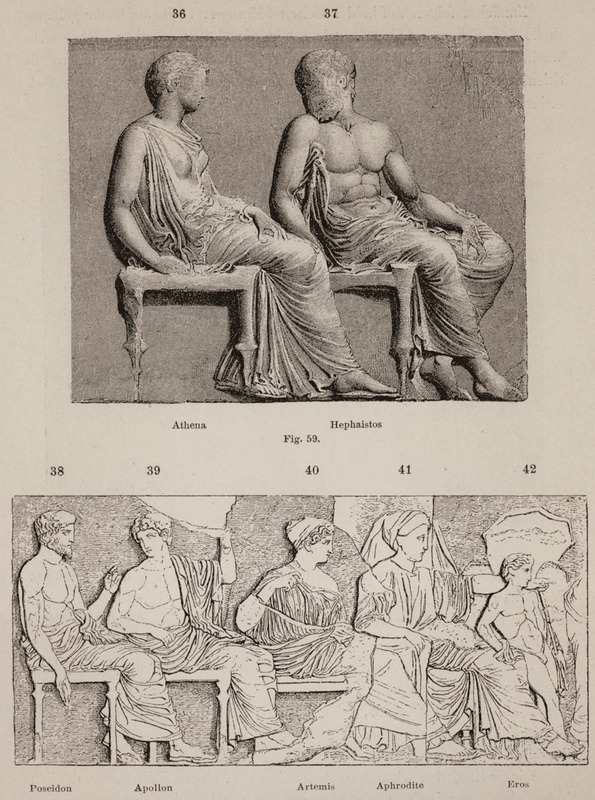
Block from the eastern Parthenon frieze. Hephaestus and Athena.
-
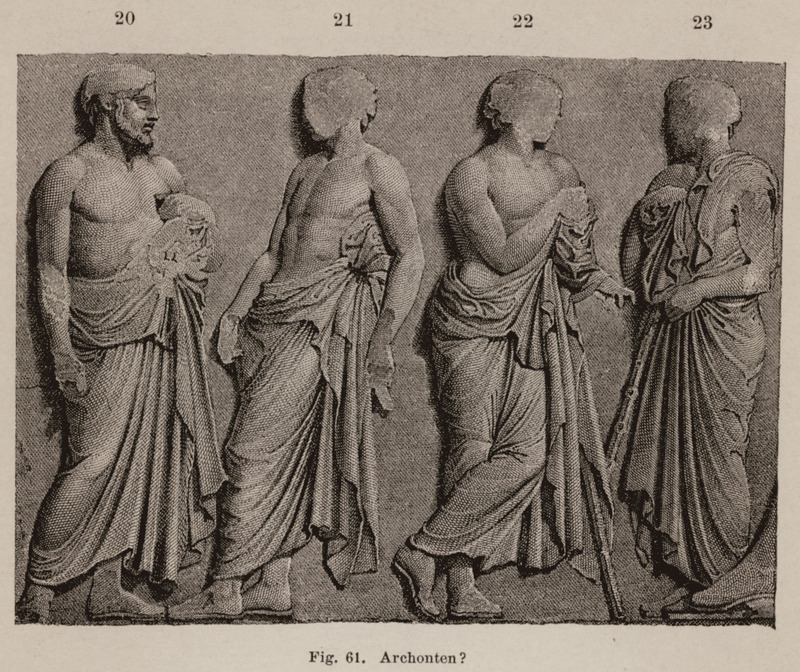
Block from the Parthenon frieze. Venerable men (Thallophoroi) carrying olive branches.
-
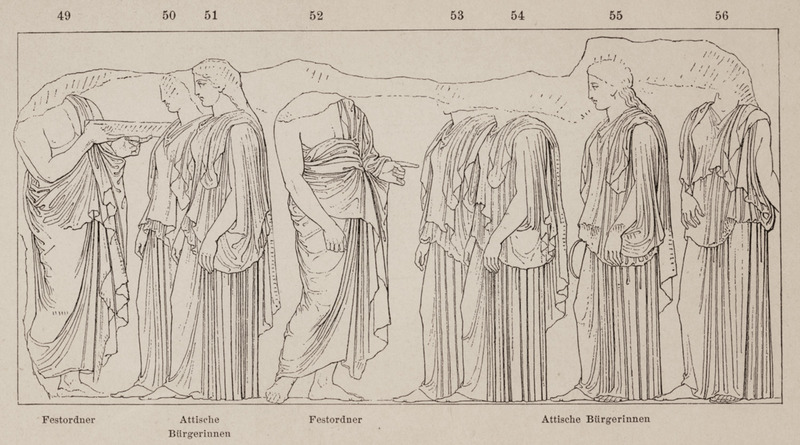
Block from the Parthenon frieze. Athenian officials. Athenian women.
-
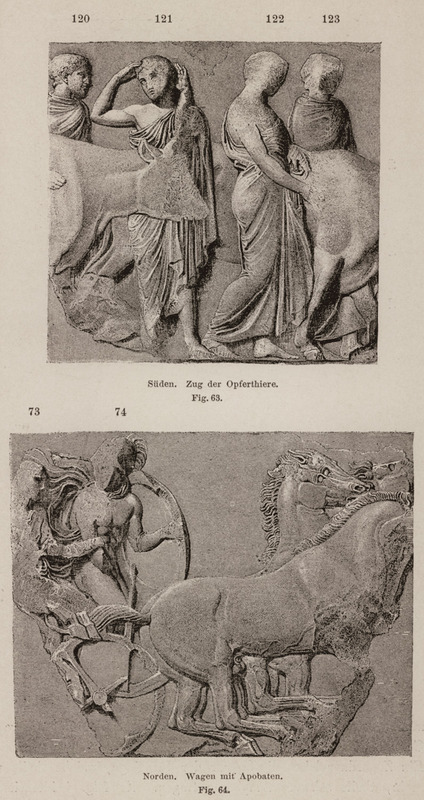
Block from the Parthenon frieze. Sacrificial animals. Horsemen.
-
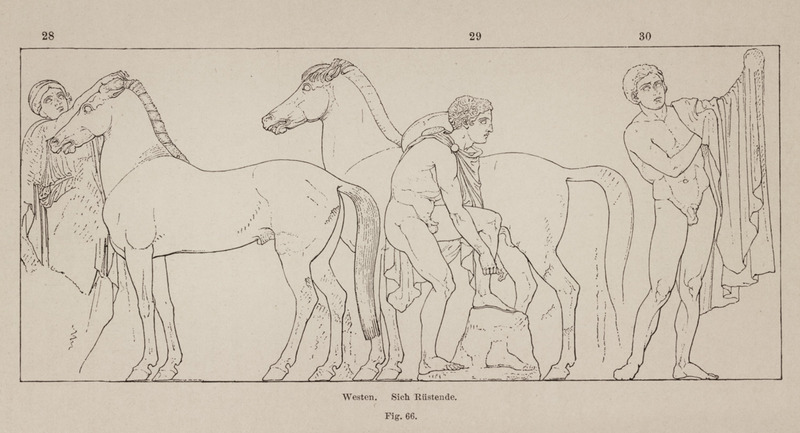
Block from the western Parthenon frieze. Preparation for Panathenaea procession.
-
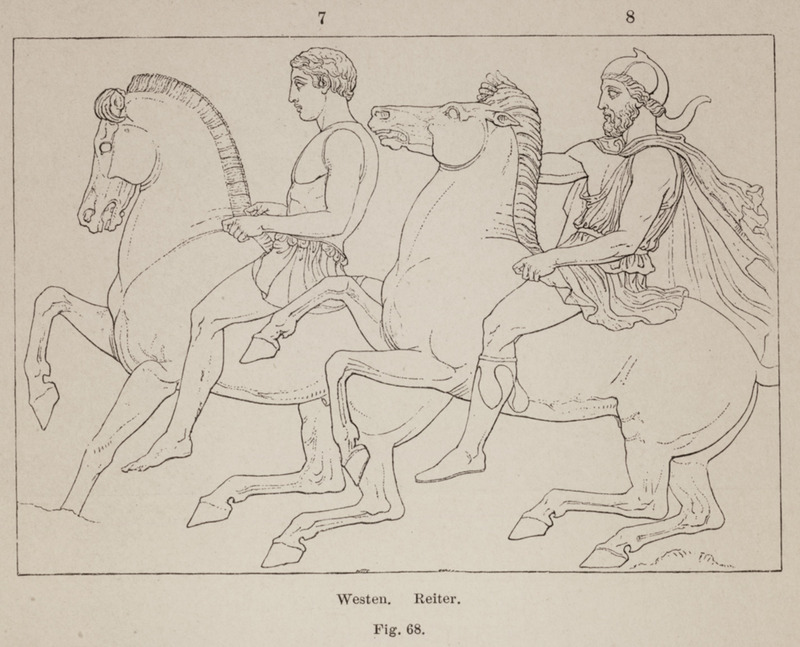
-
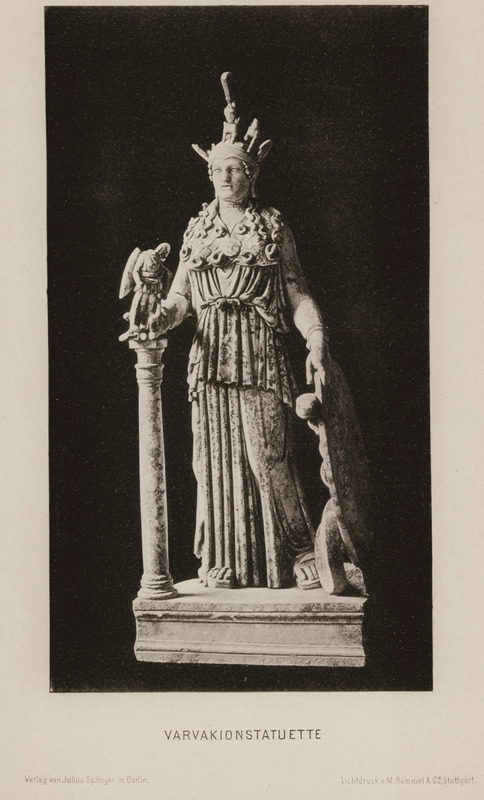
-
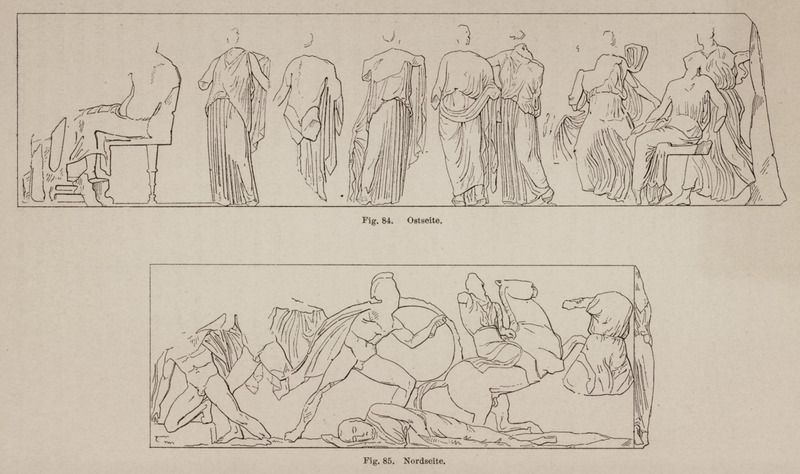
-
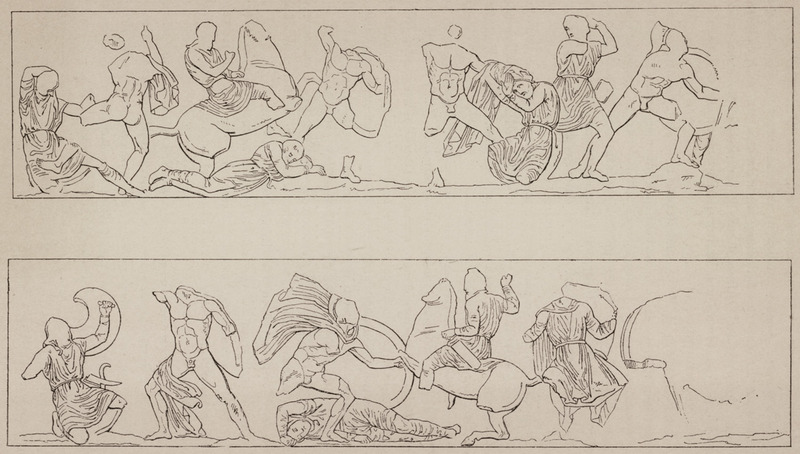
-
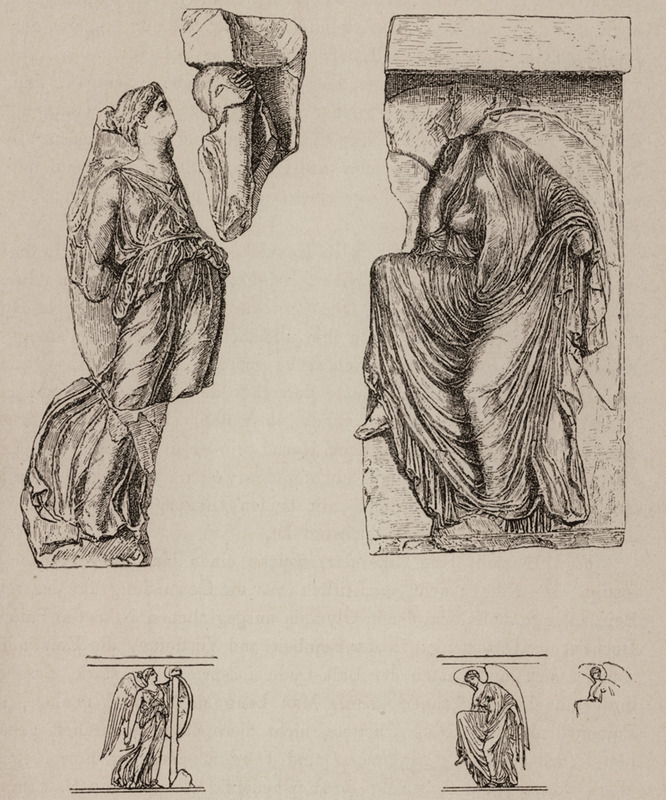
Nike Sandalizousa (Sandalbinder) from the balustrade of the Athena Nike temple.
-
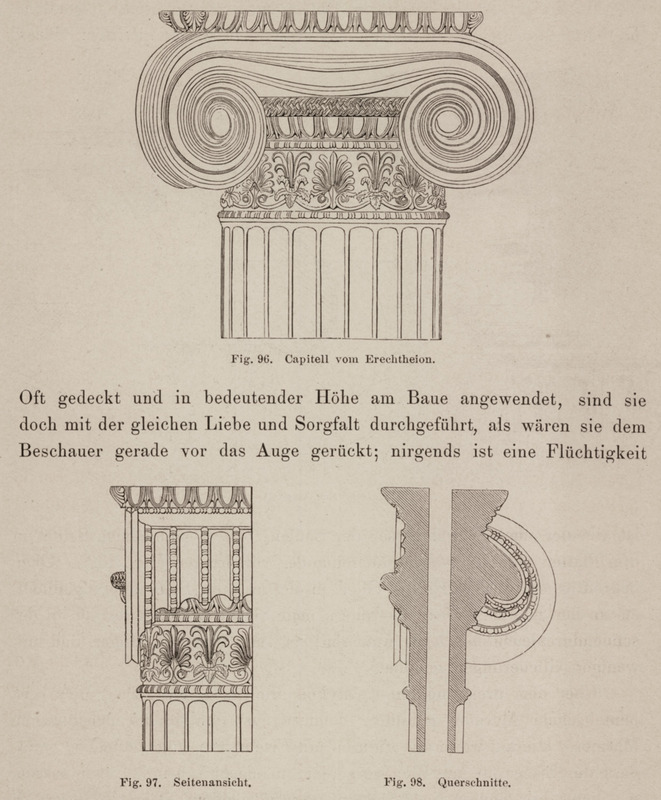
-
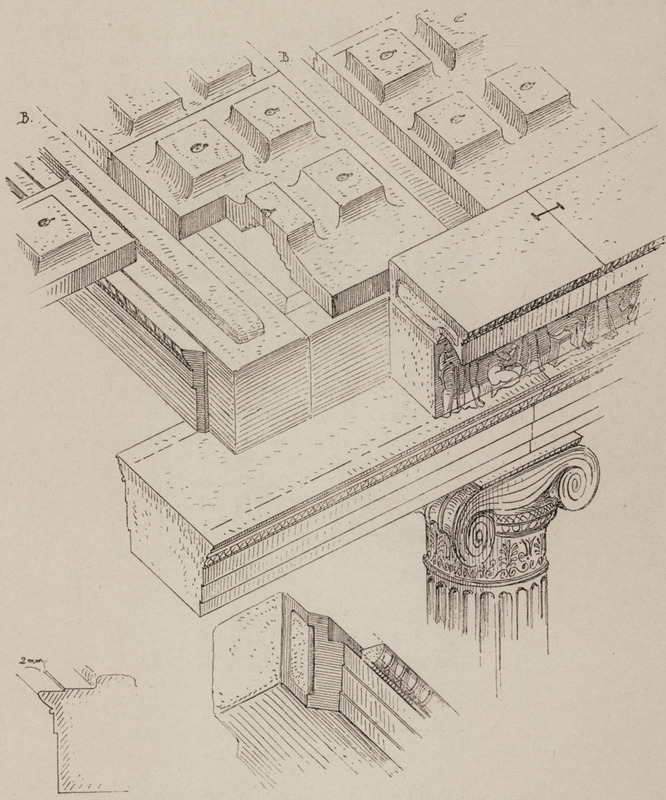
-
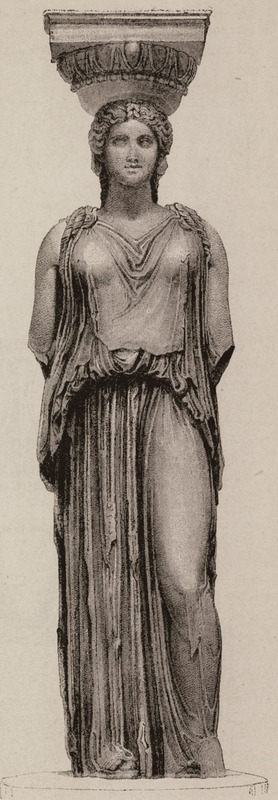
-
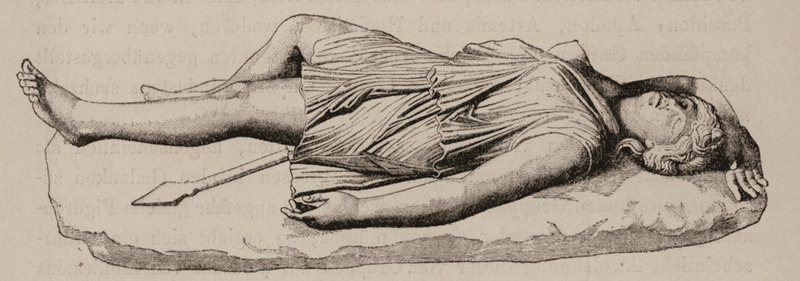
-
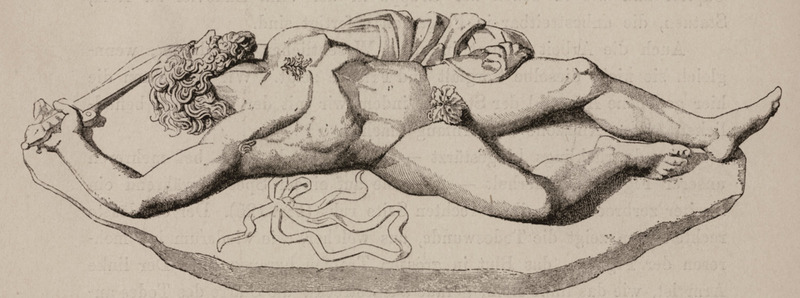
-

-
